The Psychology Podcast
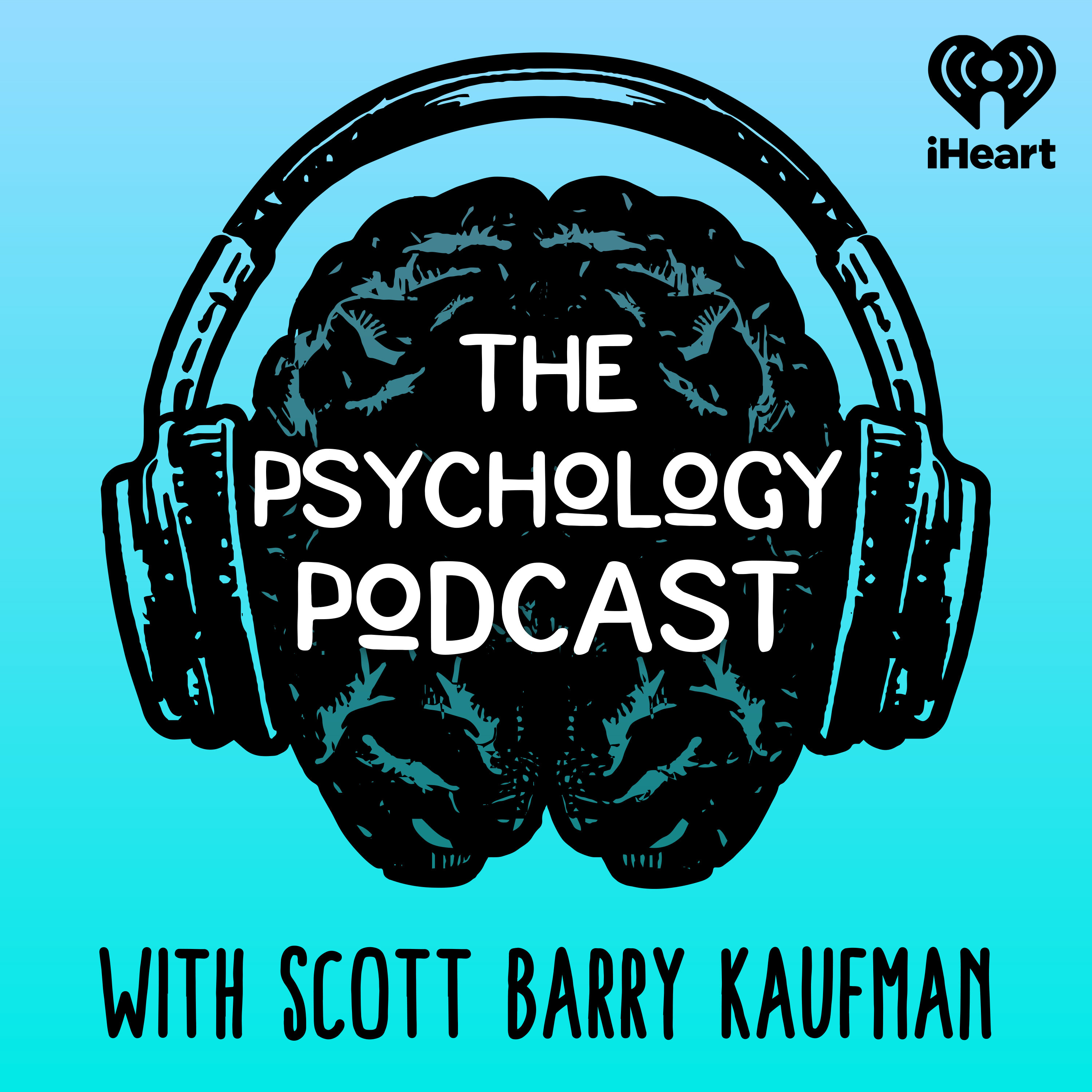
Science
iHeartPodcasts
In each episode, we talk with inspiring scientists, thinkers, and other self-actualized individuals who will give you a greater understanding of yourself, others, and the world we live in. Scott Barry Kaufman explores the depths of human potential and tries to get a glimpse into human possibility in every episode.
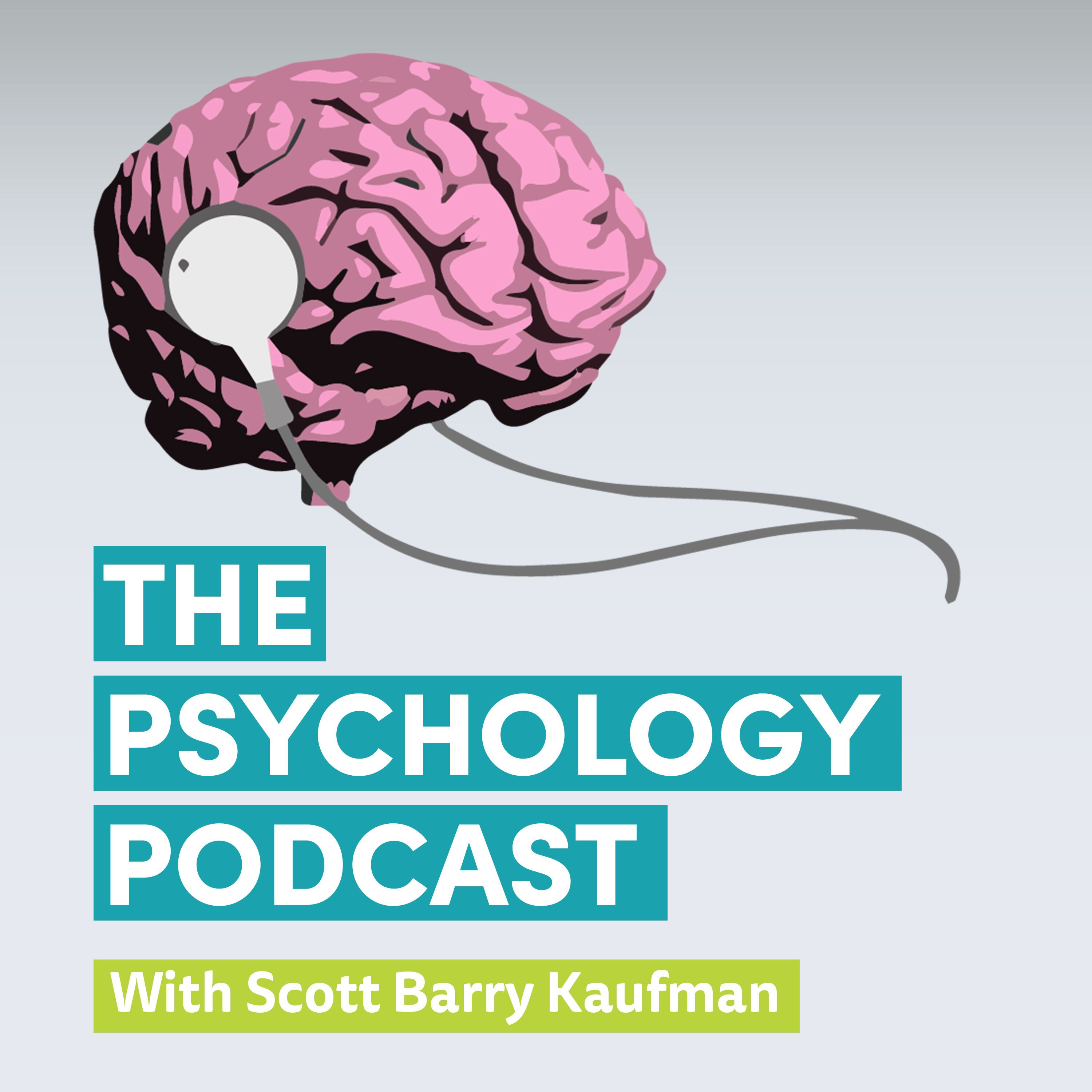
Julie Lythcott-Haims || How To Be An Adult
Today it’s great to chat with Julie Lythcott-Haims on the show. Julie believes in humans and is deeply interested in what gets in our way. She is a former corporate lawyer and Stanford dean. She serves on the board of Common Sense Media, and on the advisory board of LeanIn.Org, and she is a former board member at Foundation for a College Education, Global Citizen Year, The Writers Grotto, and Challenge Success. Julie is the New York Times bestselling author of the anti-helicopter parenting manifesto How to Raise an Adult. Her second book is the critically-acclaimed and award-winning prose poetry memoir Real American. Her third book, Your Turn: How to Be an Adult, will be out in April 2021. Topics [1:32] How Julie defines “adulting” [3:07] How the way we define adulthood has changed over time [5:59] What is the “adult mindset”? [8:00] Why Julie challenges the “right track” concept of adulthood [15:07] Julie’s advice to those who want to take an unconventional path [18:57] Julie’s advice to those struggling with questions of identity [20:46] Julie’s encounters with racism and “othering” [26:21] Julie’s promise of inclusivity and how she overcame her struggles [29:40] Julie’s thoughts on self-acceptance and self-love [33:22] How Julie collected inspiring stories from people for her book [37:15] Julie’s advice to people who struggle to embrace outsiders [40:17] How Julie ended up interviewing her Lyft driver for her book [42:54] Julie’s reflections on intuition and her observational capacity [45:43] “Life’s beautiful F-words” Support this podcast: https://anchor.fm/the-psychology-podcast/supportSee omnystudio.com/listener for privacy information.
45:3222/04/2021
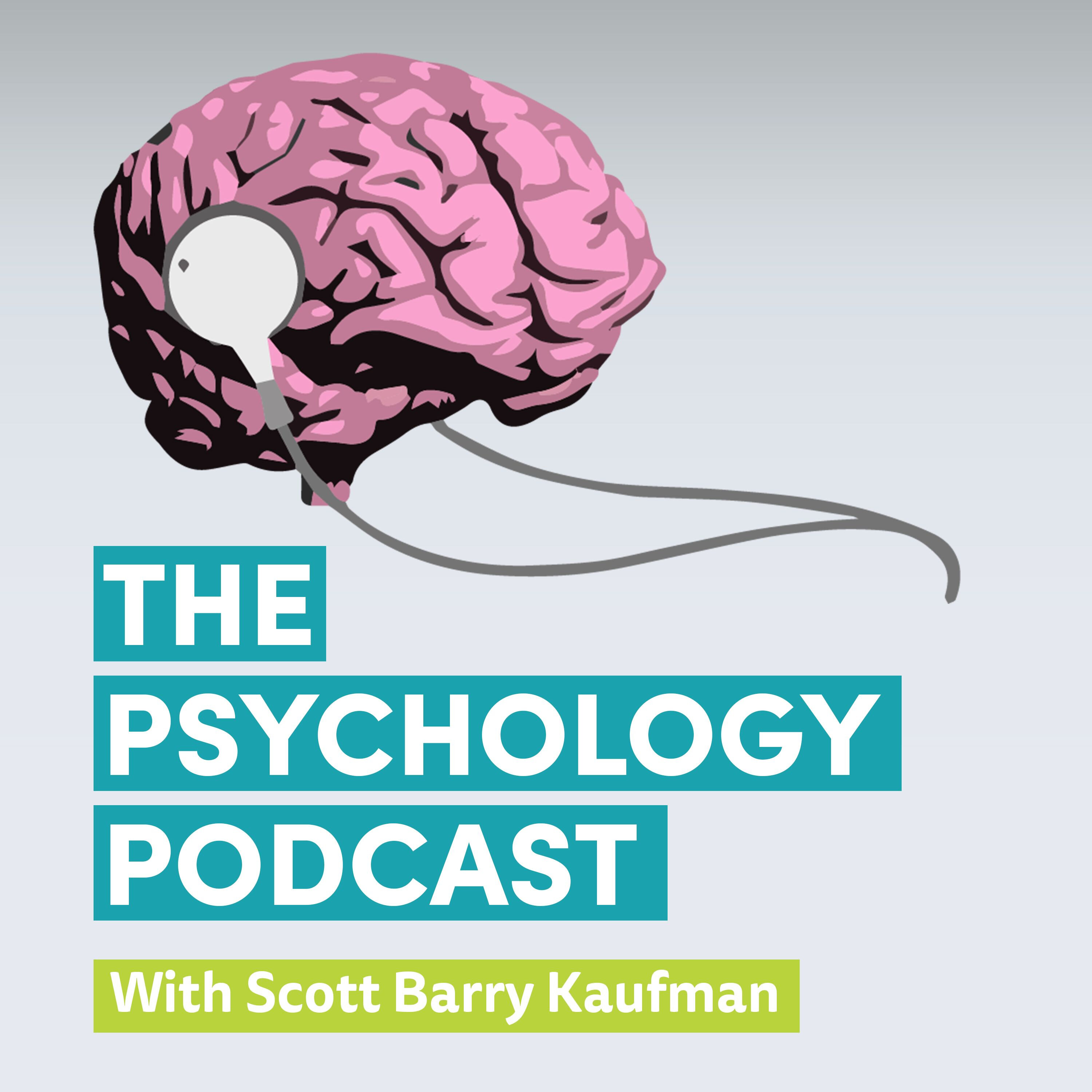
Daniel Kahneman || A Remarkable Life, Fast and Slow
Today it’s great to chat with Daniel Kahneman, one of the most influential psychologists of all time. Kahneman is known for his work on the psychology of judgment and decision-making as well as behavioral economics, for which he was awarded the 2002 Nobel Memorial Prize in Economic Sciences. He is author of the bestselling book Thinking, Fast and Slow and co-author of the recent book Noise: A Flaw in Judgment. In 2013, Kahneman received the Presidential Medal of Freedom by Barack Obama. Topics [1:11] Daniel’s early childhood [4:11] Daniel’s experiences in Nazi-occupied France [6:38] Daniel’s escape from Nazi-occupied France [10:59] Daniel’s recollection of the birth of Israel [14:39] How Daniel’s work in the army influenced his work [20:50] Daniel’s work at UC Berkeley [23:02] Daniel’s shift in focus from perception & attention to judgment & decision-making [28:18] The importance of "adversarial collaboration" [34:52] The development of Daniel’s ambitions in psychology [37:23] The difference between System 1 and System 2 in psychology [47:29] Daniel’s thoughts on the free will debate [50:34] Daniel’s thoughts on individual differences in System 1 [53:54] Daniel’s thoughts on Seymour Epstein’s dual-process model [57:15] Scott and Daniel discuss individual differences in System 1 [1:02:48] How Daniel moved into investigating hedonic psychology [1:08:44] Daniel’s response to the current research on well-being [1:16:00] Hope vs hopefulness as a psychological intervention [1:19:55] The distinction between the science of well-being vs. the application of the science of well-being [1:27:00] The link between wealth and happiness [1:31:15] The difference between bias and noise [1:36:38] The issue of noise across various disciplines [1:31:39] What is decision hygiene? [1:42:47] How Daniel has grown over time as a person [1:45:38] Daniel’s reflections on winning the Nobel Prize [1:48:09] What Daniel would study today and where he sees behavioral economics going [1:50:46] What Daniel wants his greatest legacy to be [1:53:12] Daniel’s advice to young psychologists Support this podcast: https://anchor.fm/the-psychology-podcast/supportSee omnystudio.com/listener for privacy information.
01:52:3815/04/2021

Jesse Singal || Fad Psychology
Jesse Singal is a contributing writer at New York and the former editor of the magazine’s Science of Us online vertical, as well as the cohost of the podcast Blocked and Reported. His work has appeared in The New York Times, The Atlantic, The Chronicle of Higher Education, Slate, The Boston Globe, The Daily Beast, and other publications. He was a Bosch Fellow in Berlin and holds a master’s degree from Princeton University’s School of Public and International Affairs. His book The Quick Fix: Why Fad Psychology Can't Cure Our Social Ills will be published in April. Topics [1:45] How Jesse caught on to the issue of junk science [5:18] What is "fad psychology"? [10:30] Jesse’s critique of mindset interventions [19:03] The challenges that scientists face [20:10] Why do we hold scientists to a higher standard than self-help gurus? [24:46] How valid is the Implicit Association Test (IAT)? [29:00] Jesse’s thoughts on implicit bias [31:39] Jesse and Scott discuss Angela Duckworth’s research on grit [40:34] What does it mean to be living in the “age of fracture”? [42:05] How Jesse responds to those who claim to benefit from non-scientifically validated self-help interventions [45:16] Jesse’s thoughts on the science of self-esteem [50:00] Jesse and Scott discuss monocausal vs multicausal accounts of human behavior Links and Resources Jesse Singal's book Support this podcast: https://anchor.fm/the-psychology-podcast/supportSee omnystudio.com/listener for privacy information.
53:2708/04/2021

Ayaan Hirsi Ali || Protecting Women's Rights
Today it’s great to have Ayaan Hirsi Ali on the podcast. Ayaan is a research fellow at the Hoover Institution, Stanford University, and founder of the AHA Foundation. She has written several books including Infidel (2007), Nomad: from Islam to America, a Personal Journey through the Clash of Civilizations (2010), Heretic: Why Islam Needs a Reformation Now (2015) and The Challenge of Dawa (2017). Her latest book Prey was published by Harper Collins in 2020. In 2005, Ayaan was named by Time magazine as one of the 100 most influential people in the world Topics [1:58] Ayaan’s early childhood experiences [4:47] Ayaan’s personal experience with female genital mutilation [7:39] Which values are moving humanity in a better or worse direction? [14:02] Ayaan’s relationship with Islam and why she left [18:41] Ayaan’s current feelings about religion in general [20:29] Ayaan’s response to critics who doubt her story [22:19] Ayaan’s conceptualization of Islam and the classifications of Muslims [28:43] Ayaan’s thoughts on Islam and Western values [32:39] Ayaan’s response to individuals who call her an "Islamaphobe" [38:35] Ayaan’s first impressions of the Netherlands [40:38] Ayaan’s thoughts on modern American feminism [44:15] Ayaan discusses her own views of feminism [45:44] Why Ayaan focuses on Muslim migrants in her book [49:01] How to sidestep vilification of two vulnerable populations Support this podcast: https://anchor.fm/the-psychology-podcast/supportSee omnystudio.com/listener for privacy information.
46:5301/04/2021
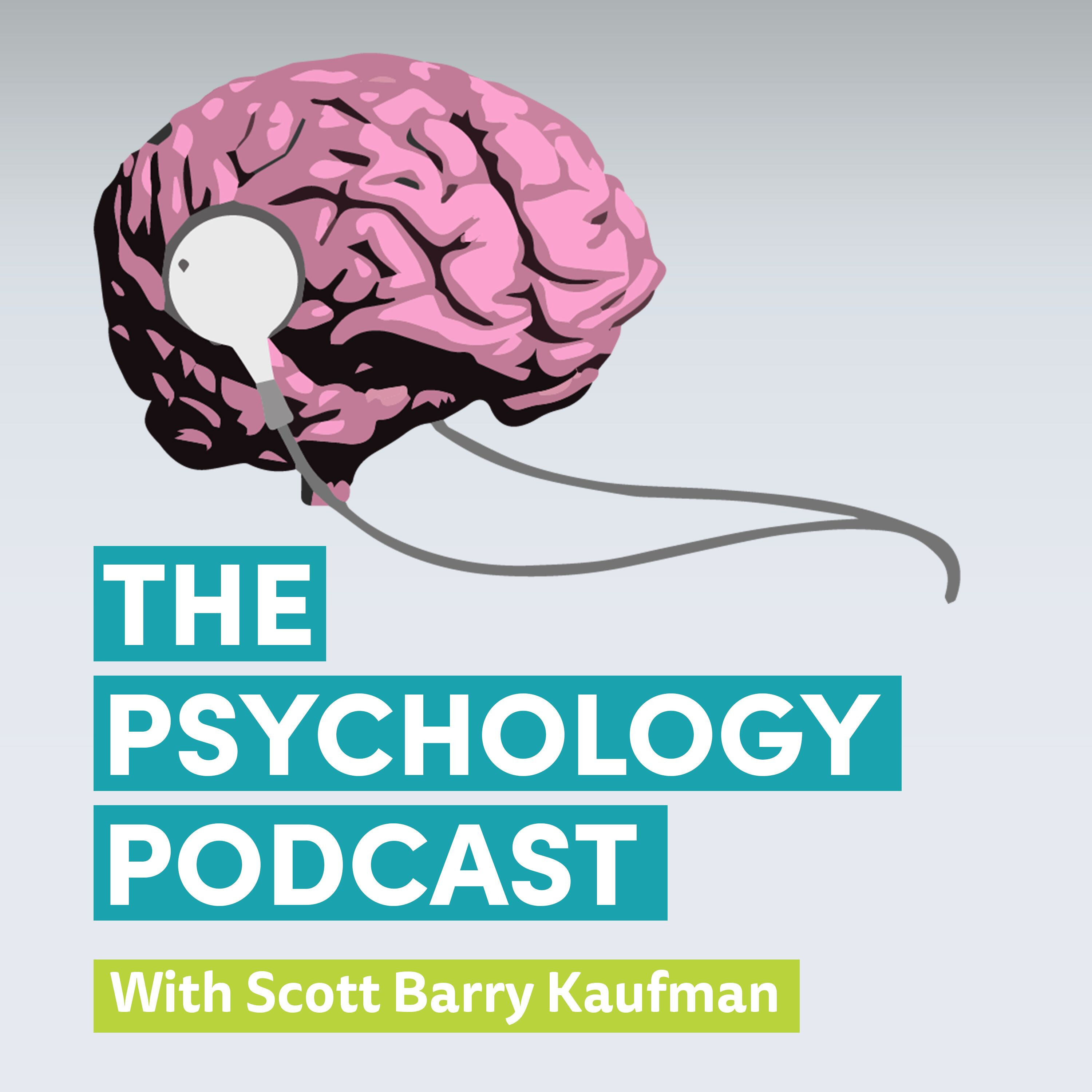
Michael Murphy || Human Potential
Today it’s great to have Michael Murphy on the podcast. Michael is co-founder of Esalen Institute, a pioneer of the Human Potential Movement, and author of many influential books on extraordinary human potential. Topics [1:38] Michael’s early life [4:09] Michael’s connection with religion [8:00] How Michael and Dick Price met and founded the Esalen Institute [14:34] Michael’s connection to Abraham Maslow [19:07] Michael’s guest list for Esalen [27:12] How Michael built Esalen [33:00] Michael’s thoughts on black-white encounter groups [40:53] How Esalen Institute's geography informs its practices [43:59] Integral Transformative Practice (ITP) [47:40] How Michael defines heart & soul [53:48] What is our deepest birthright? [56:28] Where Michael sees humanity going [1:06:14] How to carry on the Human Potential Movement Support this podcast: https://anchor.fm/the-psychology-podcast/supportSee omnystudio.com/listener for privacy information.
01:08:3225/03/2021
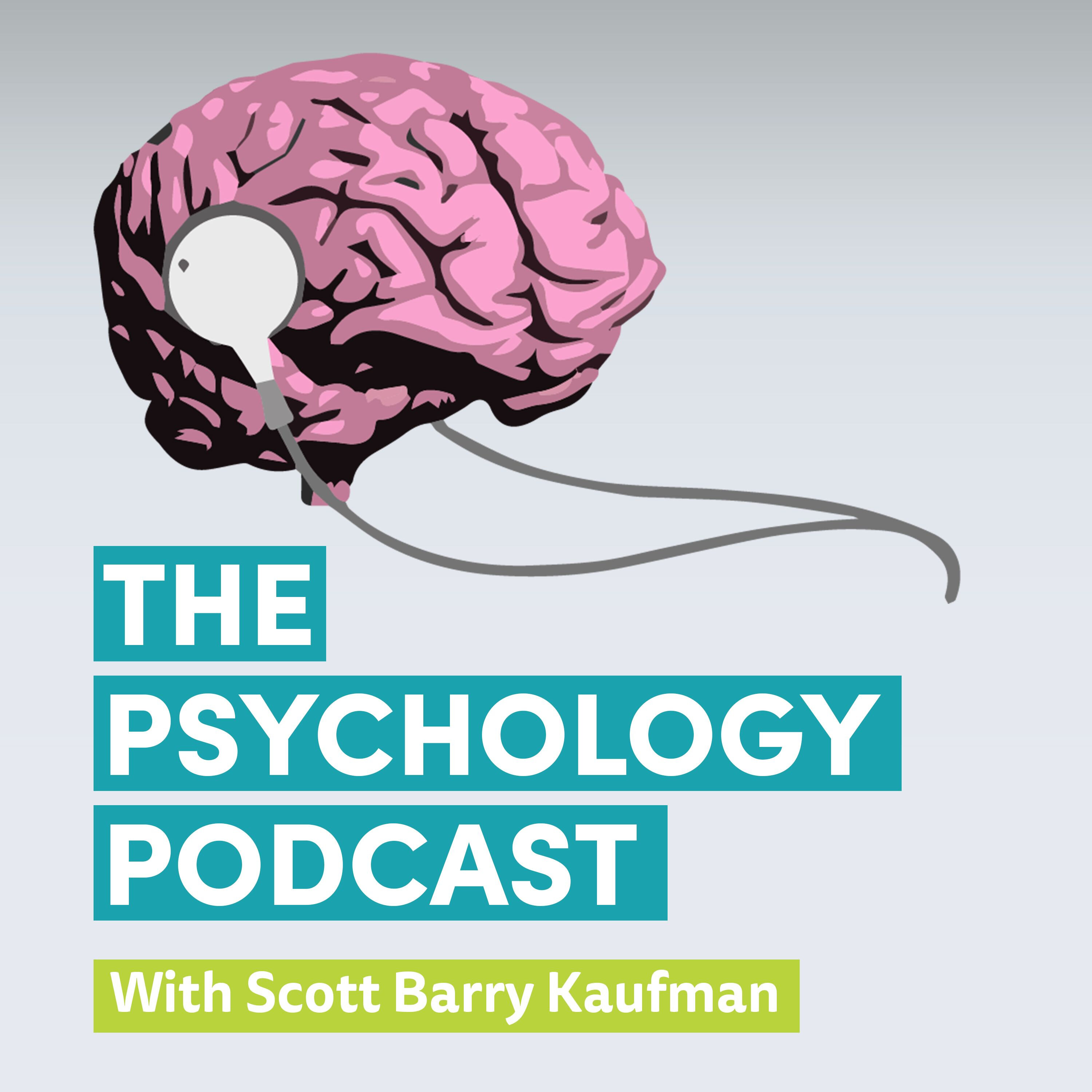
Nedra Tawwab || Set Boundaries, Find Peace
Today it’s great to chat with Nedra Glover Tawwab. Nedra is a licensed therapist and sought-after relationship expert. She has practiced relationship therapy for 13 years and is the founder and owner of the group therapy practice, Kaleidoscope Counseling. Nedra has been featured recently in The New York Times, The Guardian, Psychology Today, Self, and Vice, and has appeared on numerous podcasts. She runs a popular Instagram account where she shares practices, tools, and reflections for mental health and hosts weekly Q&As. Topics [2:20] Why Nedra wrote a book on boundaries [3:24] What is a boundary? [4:22] What is “enmeshment”? [5:55] Signs you need to set boundaries [8:52] Why we’re afraid of setting boundaries [11:16] Is there hope for chronic people-pleasers? [12:07] Nedra’s personal journey with boundaries [21:23] How to set professional boundaries [27:34] Nedra’s experiences with setting professional boundaries [34:43] The benefits of having healthy boundaries [36:36] How mental health impacts your physical health [40:31] How to help people without burning out [43:40] The importance of boundaries in achieving a work/life balance [46:57] The 6 types of boundaries [50:17] Nedra’s experience with writing her book [51:57] Nedra’s thoughts on growing her Instagram account [55:26] Porous vs rigid boundaries [57:09] How boundaries shift depending on the person [58:13] How to enforce a boundary [1:00:39] How to deal with depersonalization Support this podcast: https://anchor.fm/the-psychology-podcast/supportSee omnystudio.com/listener for privacy information.
59:3618/03/2021
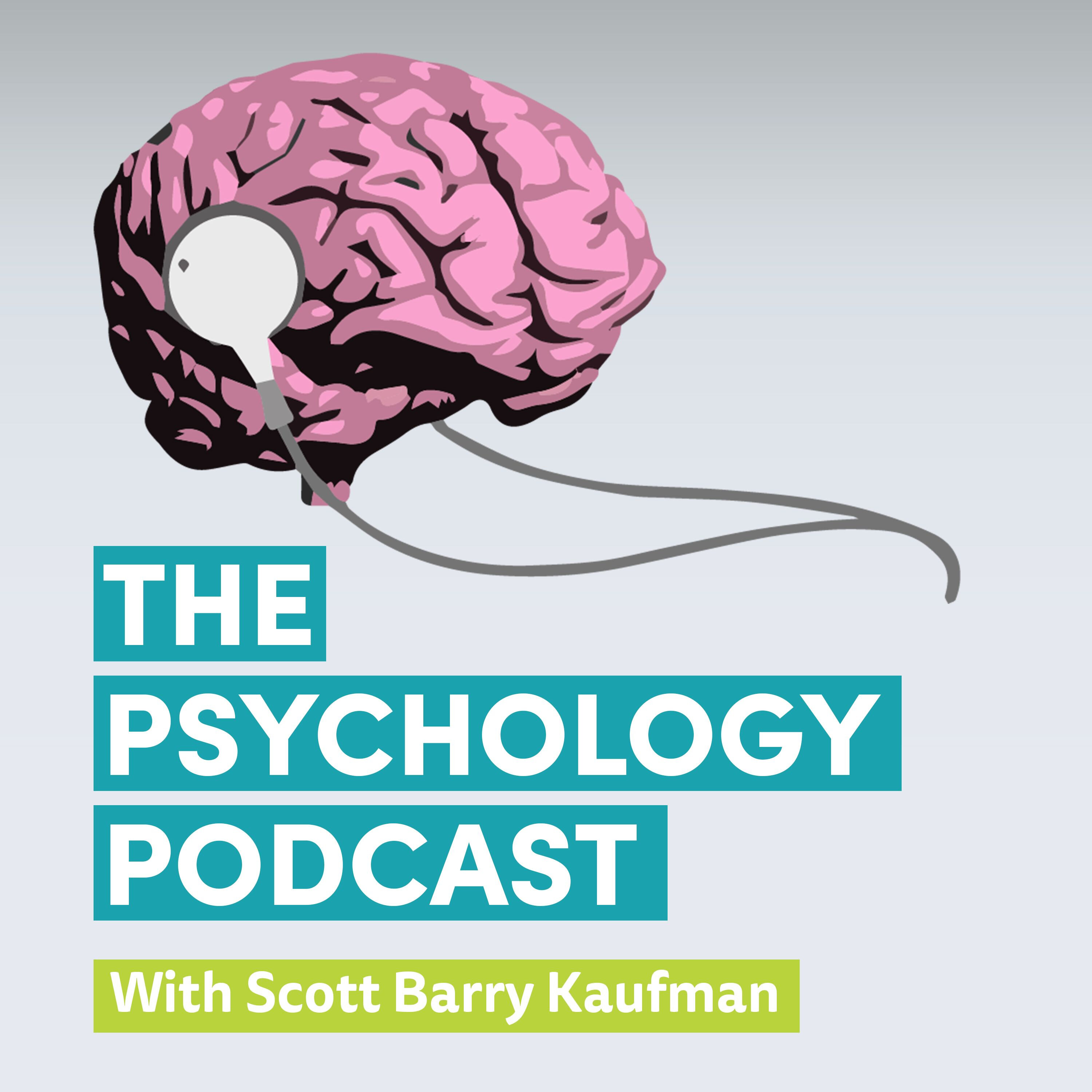
Andrew Yang || Humanizing Education
Today the tables are turned on The Psychology Podcast as Andrew Yang interviews Scott Barry Kaufman! This is a really meaningful episode for Scott, as he was a big supporter of Andrew's presidential campaign, and is now a big supporter of his Mayoral NYC campaign. Andrew and Scott share a humanistic viewpoint, and it was great to finally get them together in a discussion. Andrew is the founder of Venture for America, a non-profit organization aiming to create economic opportunities in American cities. He is a former 2020 Democratic presidential candidate and is currently running for mayor of New York City on a Democrat ticket. In 2012, the Obama administration selected Andrew as a "Champion for Change" and later as a "Presidential Ambassador for Global Entrepreneurship" in 2015. This episode originally appeared on Andrew's podcast, Yang Speaks. In this eagerly anticipated episode, Andrew and Scott discuss: [02:48] Scott’s journey into and out of special-education [05:45] Why Scott signed up for dance classes in college [06:30] How Scott accidentally discovered his singing talents [08:10] Why Scott decided to pursue psychology [15:30] The worrying trend of schools rewarding behavioral conformity and performance on thinly disguised intelligence tests [17:29] Scott’s "Dual-Process Theory of Human Intelligence" [20:23] Why academic psychologists are under pressure to come up with novel ideas [21:02] Scott’s encounter with creativity research [24:39] How Scott’s research on human intelligence opened doors for studying other research topics [26:31] Examples of human-centered schools [30:41] Andrew Yang’s take on humanistic and positive education [33:20] Why Americans need to incorporate humanity into their everyday lives [36:04] The difference between narcissism and healthy self-esteem [39:20] Scott’s revised hierarchy of needs [42:17] The distinction between deficiency motivation and growth motivation [48:04] The reception of Scott’s latest book Transcend: The New Science of Self-Actualization among psychologist My friend Andrew Yang is running for New York City Mayor, and he needs our help! Andrew maintains a huge lead in the polls and is dominating press coverage, and together, we can push him into first place in the fundraising race, too. This week, let's make sure Andrew receives more contributions than any other candidate. What's more: any New York City resident who contributes will get their contribution matched 8 to 1 by the City! To contribute, please go to y4ny.com/scott. Support this podcast: https://anchor.fm/the-psychology-podcast/supportSee omnystudio.com/listener for privacy information.
47:3611/03/2021

Sam Harris || Free Will (Part 2)
Today it’s great to have Sam Harris on the podcast. Sam is the author of five New York Timesbest sellers, including The End of Faith, Letter to a Christian Nation, The Moral Landscape, Free Will, Lying, and Waking Up. The End of Faith won the 2005 PEN Award for Nonfiction. His writing and public lectures cover a wide range of topics—neuroscience, moral philosophy,religion, meditation practice, human violence, rationality—but generally focus on how a growing understanding of ourselves and the world is changing our sense of how we should live. He also hosts the Making Sense Podcast, which was selected by Apple as one of the “iTunes Best” and has won a Webby Award for best podcast in the Science & Education category. Topics [0:17] Sam and Scott discuss materialism and consciousness [2:59] Sam makes his case for determinism [11:08] Sam and Scott discuss “the self” and free will [24:50] Sam’s take on why determinism eases human suffering [29:23] Sam’s thoughts on the "responsibility paradox" [36:30] The link between the responsibility paradox, cancel culture, and politics [43:57] Sam’s thoughts on pride [48:17] Sam’s reflections on love, hate, and Trump [1:08:00] Sam’s defense of objective morality [1:15:51] Why we ‘should’ prevent suffering and promote collective wellbeing [1:30:23] What if reincarnation was real? [1:33:37] Would it be good to change someone’s intuition of right and wrong? [1:39:40] How emotions and values are linked [1:45:09] Why we need to scale values [1:48:12] Sam’s issue with the is-ought problem [1:56:49] Why Sam maintains that free will and determinism are incompatible [2:02:45] Why the self is an illusion [2:08:53] Sam’s exploration of mystery Support this podcast: https://anchor.fm/the-psychology-podcast/supportSee omnystudio.com/listener for privacy information.
02:10:3204/03/2021
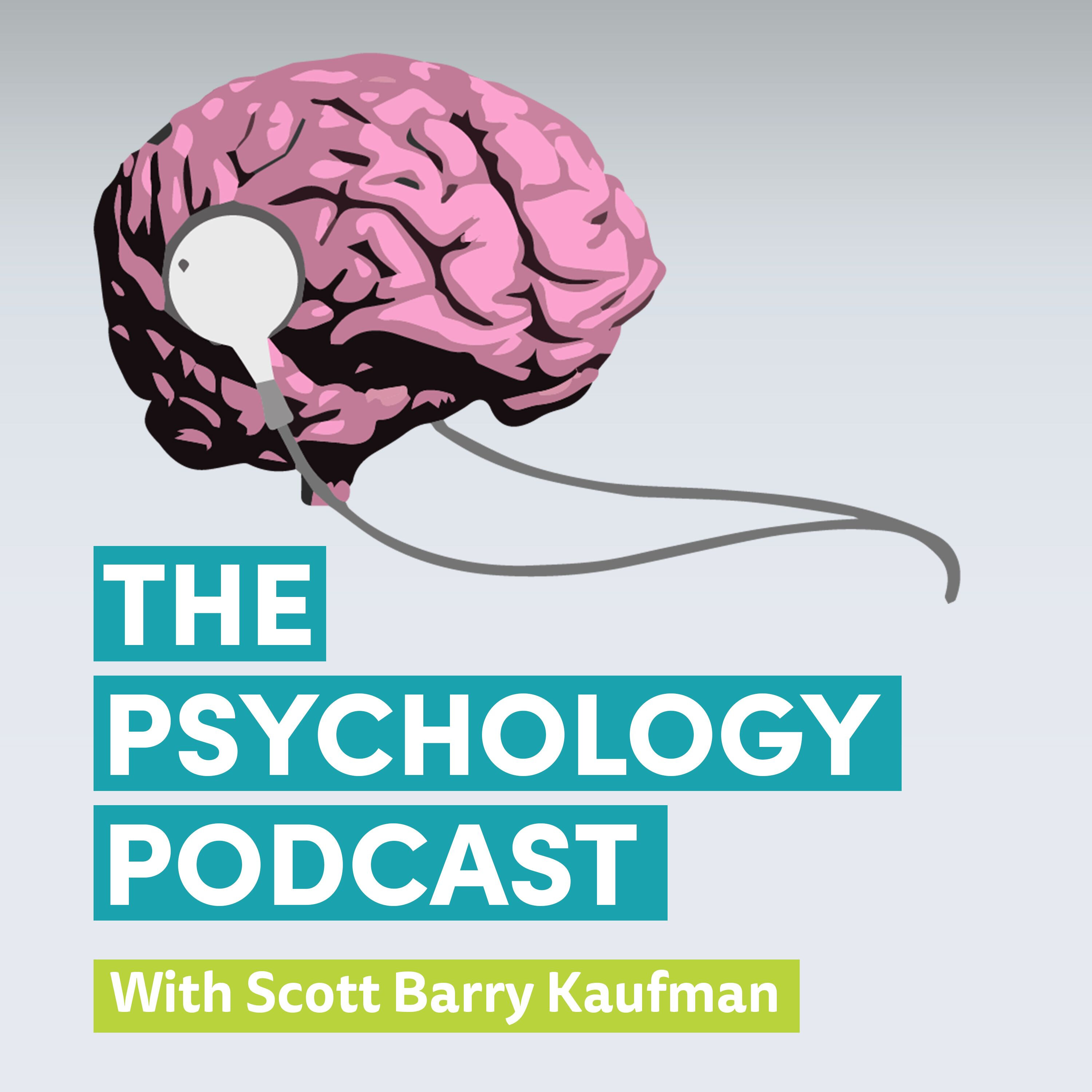
Sam Harris || Free Will (Part 1)
Today it’s great to have Sam Harris on the podcast. Sam is the author of five New York Times best sellers, including The End of Faith, Letter to a Christian Nation, The Moral Landscape, Free Will, Lying, and Waking Up. The End of Faith won the 2005 PEN Award for Nonfiction. His writing and public lectures cover a wide range of topics—neuroscience, moral philosophy,religion, meditation practice, human violence, rationality—but generally focus on how a growing understanding of ourselves and the world is changing our sense of how we should live. He also hosts the Making Sense Podcast, which was selected by Apple as one of the “iTunes Best” and has won a Webby Award for best podcast in the Science & Education category. Topics [1:57] Sam’s reflections on his childhood [7:18] Sam’s interest in martial arts [8:04] Sam’s experience with MDMA [12:09] How Sam ended up on the Dalai Lama’s security detail [16:39] Sam’s experience with meditation teacher Sayadaw U Pandita [23:12] Dualistic vs Nondualistic mindfulness [24:34] Sam’s experience with Dzogchen meditation [28:27] Sam’s dream about Dilgo Khyentse [34:15] Sam’s experience with fiction writing [37:50] Scott questions Sam’s position on free will [41:33] Sam’s disagreement with Daniel Dennett [42:41] Sam’s take on free will and human interaction [46:38] Why Sam thinks we’re getting “free will” wrong Support this podcast: https://anchor.fm/the-psychology-podcast/supportSee omnystudio.com/listener for privacy information.
53:0625/02/2021
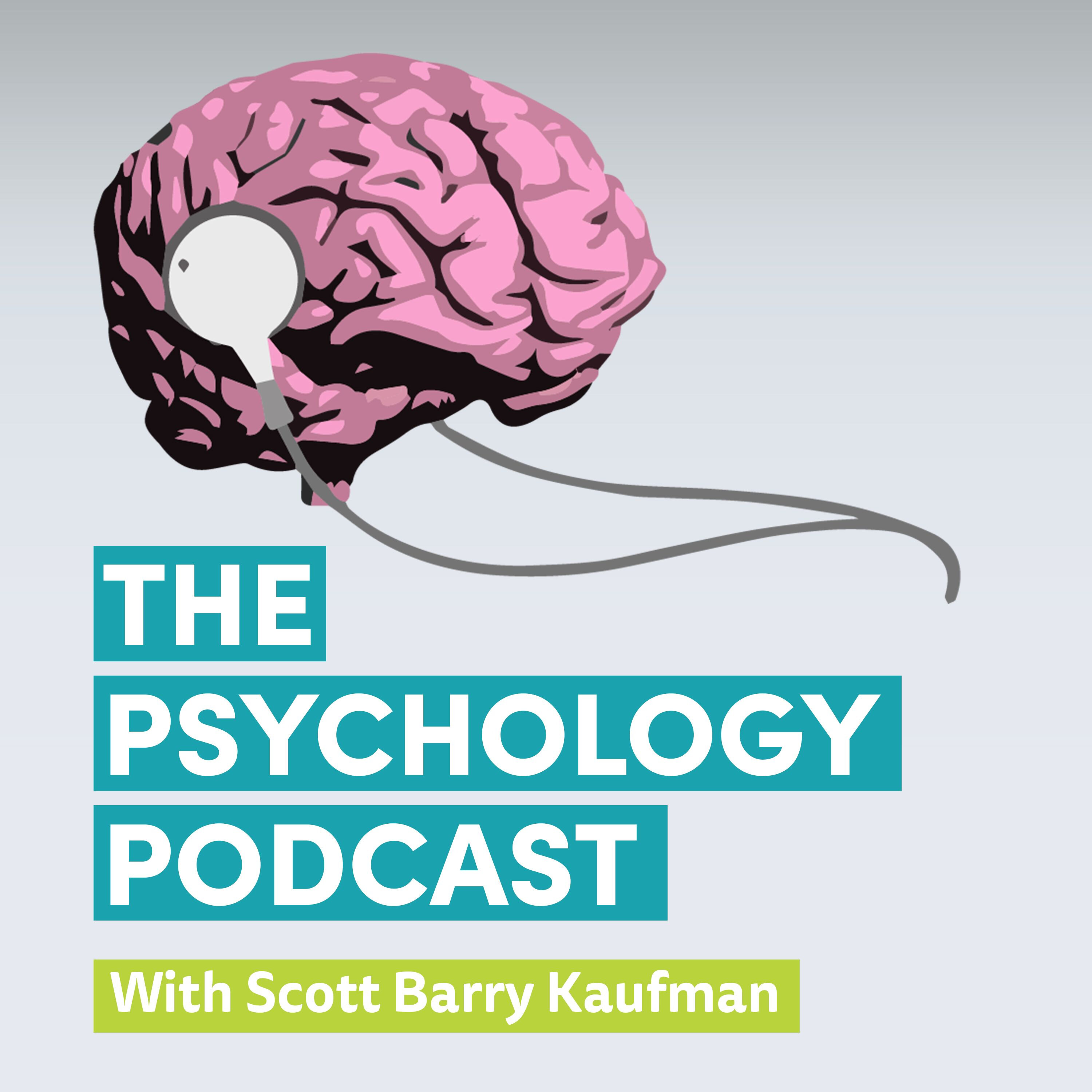
Simon Baron-Cohen || How Autism Drives Human Invention
Today it’s great to chat with Simon Baron-Cohen. Simon is professor of psychology and psychiatry and director of the Autism Research Centre at Cambridge University. He is the author of six hundred scientific articles and four books, including The Science of Evil and The Essential Difference. [2:47] Simon’s evolution of thought on autism [5:19] How the social realm of autism has evolved [8:12] The difference between autism and psychopathy [10:26] The role of affective vs cognitive empathy [12:37] How to navigate autism amidst cancel culture [14:18] Having autistic traits vs being on the autism spectrum [17:52] How autism drives human invention [22:11] The “systemizing mechanism” of the brain [24:03] The role of “if-and-then patterns” in autistic individuals [26:41] Simon’s thoughts on language acquisition [27:48] “The empathy circuit” [37:28] The role of creativity in autism [41:19] The Brain Types Study [42:43] The biological basis of creativity and autism [45:24] Why monkeys don’t skateboard [48:12] Why language isn’t a necessary precursor to invention [55:12] How Scott measured implicit learning and pattern-seeking [59:28] Why Simon’s work has sparked some pushback [1:01:04] How to support autistic people [1:05:45] How we can nurture the inventors of the future [1:07:18] Sex differences in autism Support this podcast: https://anchor.fm/the-psychology-podcast/supportSee omnystudio.com/listener for privacy information.
01:09:5418/02/2021
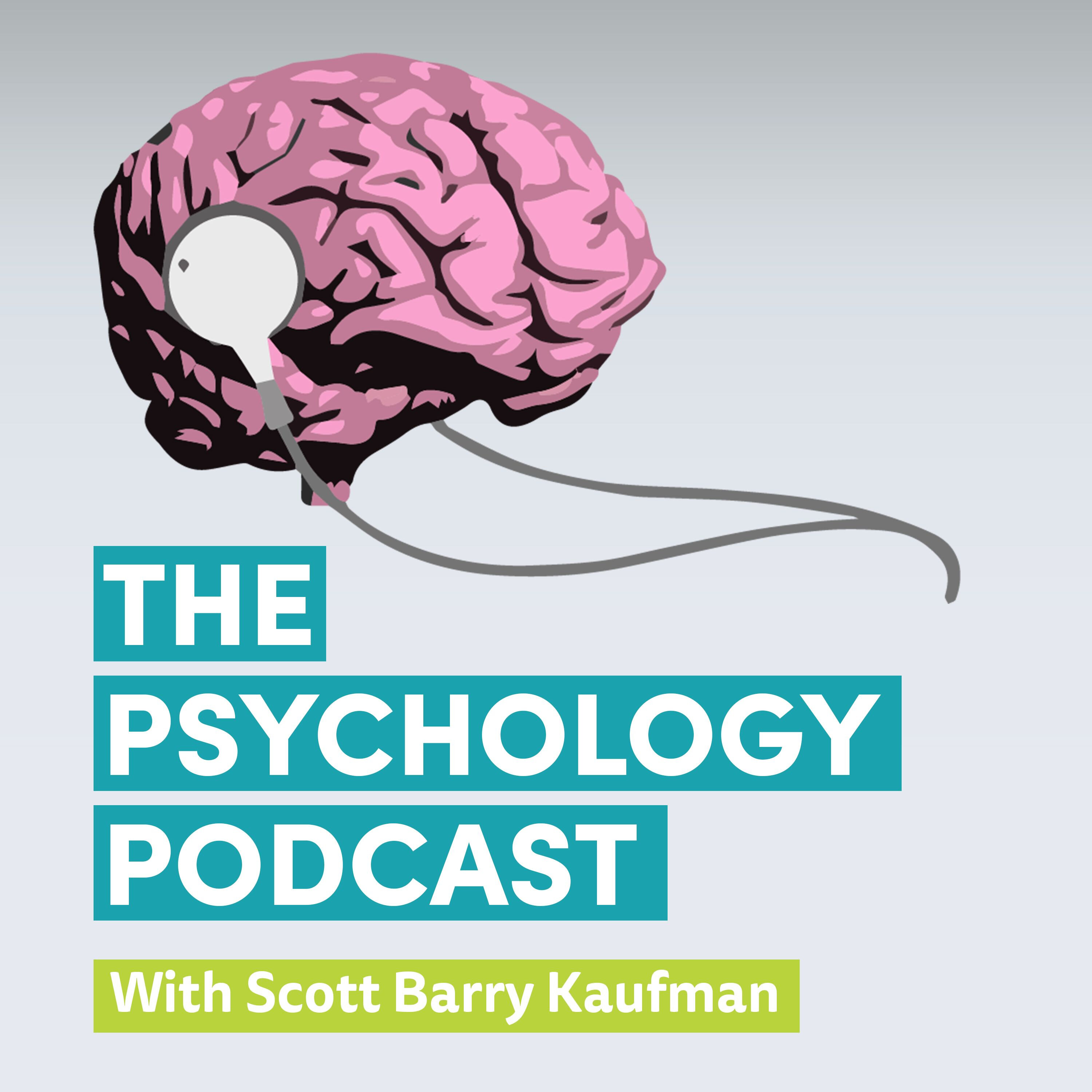
Jennifer Aaker & Naomi Bagdonas || How Humor Can Save The World
Today it’s great to chat with Jennifer Aaker and Naomi Bagdonas on the podcast. Dr. Jennifer Aaker is the General Atlantic Professor at the Stanford Graduate School of Business and a leading expert on how purpose and meaning shape individual choices and how technology can positively impact both human well-being and company growth. Her work has been widely published in lead in scientific journals and featured in The Economist, The New York Times, The Wall Street Journal, The Atlantic, and Science. A recipient of the Distinguished Scientific Achievement Award and the MBA Professor of the Year, Aaker counts winning a dance-off in the early 1980s among her greatest feats. Naomi Bagdonas is a Lecturer at the Stanford Graduate School of Business and an Executive Coach. She helps leaders be more creative, flexible and resilient in the face of change by facilitating interactive sessions for Fortune 100 companies and coaching executives and celebrities for appearances ranging from Saturday Night Live to the Today Show. Formally trained at the Upright Citizens Brigade Theatre, Bagdonas performs at comedy venues and teaches improv in San Francisco’s county jail. Her constant stream of foster dogs describe her as gullible and full of treats. Topics [3:15] Why the world needs more humor [6:06] Humor at the expense of others/4 Styles of humor [8:49] Origin story of “Humor, Seriously” [12:51] The bottom-line value of humor [18:19] How to infuse humor in the workplace [22:05] Jennifer’s thoughts on humorlessness [24:58] Cultivating the comedian’s toolbox [28:30] How to create your own signature joke [30:17] Scott and Naomi’s experiences at Upright Citizen’s Brigade [34:11] The link between humor and mental health [37:45] The relationship between status and humor [42:17] The value of self-deprecating humor [44:10] The importance of context in humor [50:22] One of Jennifer’s pranks on her students [51:21] Biological vs cultural dimensions of humor [54:58] How humor reflects elements of our society [58:27] Should there be moral rules for comedy? [1:03:13] Why truth and misdirection are at the core of comedy Support this podcast: https://anchor.fm/the-psychology-podcast/supportSee omnystudio.com/listener for privacy information.
01:03:4511/02/2021

Adam Grant || Think Again
Today it’s great to have Adam Grant on the podcast. Adam is an organizational psychologist at Wharton, where he has been the top-rated professor for seven straight years. He is the #1 New York Times bestselling author of four books that have sold millions of copies and been translated into 35 languages. His work has been praised by J.J. Abrams, Bill and Melinda Gates, and many others. Grant’s TED talks have been viewed more than 20 million times, and he hosts the chart-topping TED podcast WorkLife with Adam Grant. He has been recognized as one of the world’s 10 most influential management thinkers, Fortune’s 40 under 40, Oprah’s Super Soul 100, and a World Economic Forum Young Global Leader. Adam received distinguished scientific achievement awards from the American Psychological Association and the National Science Foundation. He lives in Philadelphia with his wife Allison and their three children. Topics [4:17] What is rethinking? [7:02] “Preachers, prosecutors, and politicians” [8:08] Why we need to cultivate a scientific attitude [11:48] The path to being effective [12:17] Linking character and success [16:10] Adam’s new construct of character [20:42] The importance of authenticity and integrity [25:05] The role of consistency in exercising our values [30:37] The role of integrity in politics [33:07] The tension between personality and pursuing values [36:08] “A little knowledge can be a dangerous thing” [38:32] The trap of cognitive entrenchment [40:50] The importance of having diverse interests [41:40] Cognitive underpinnings of thinking again [42:31] Actively open-minded thinking [45:53] The benefits of disagreeableness [51:42] Selfishness as the 6th factor of personality [57:31] Why “agreeing to disagree” is wrong [1:00:04] How to destabilize stereotypes [1:05:25] Psychological safety in universities [1:09:40] What “good faith” means [1:11:18] Crossing psychological safety with accountability [1:12:59] What Scott thinks Adam should rethink [1:17:26] The importance of benevolence and universalism Support this podcast: https://anchor.fm/the-psychology-podcast/supportSee omnystudio.com/listener for privacy information.
01:18:0004/02/2021
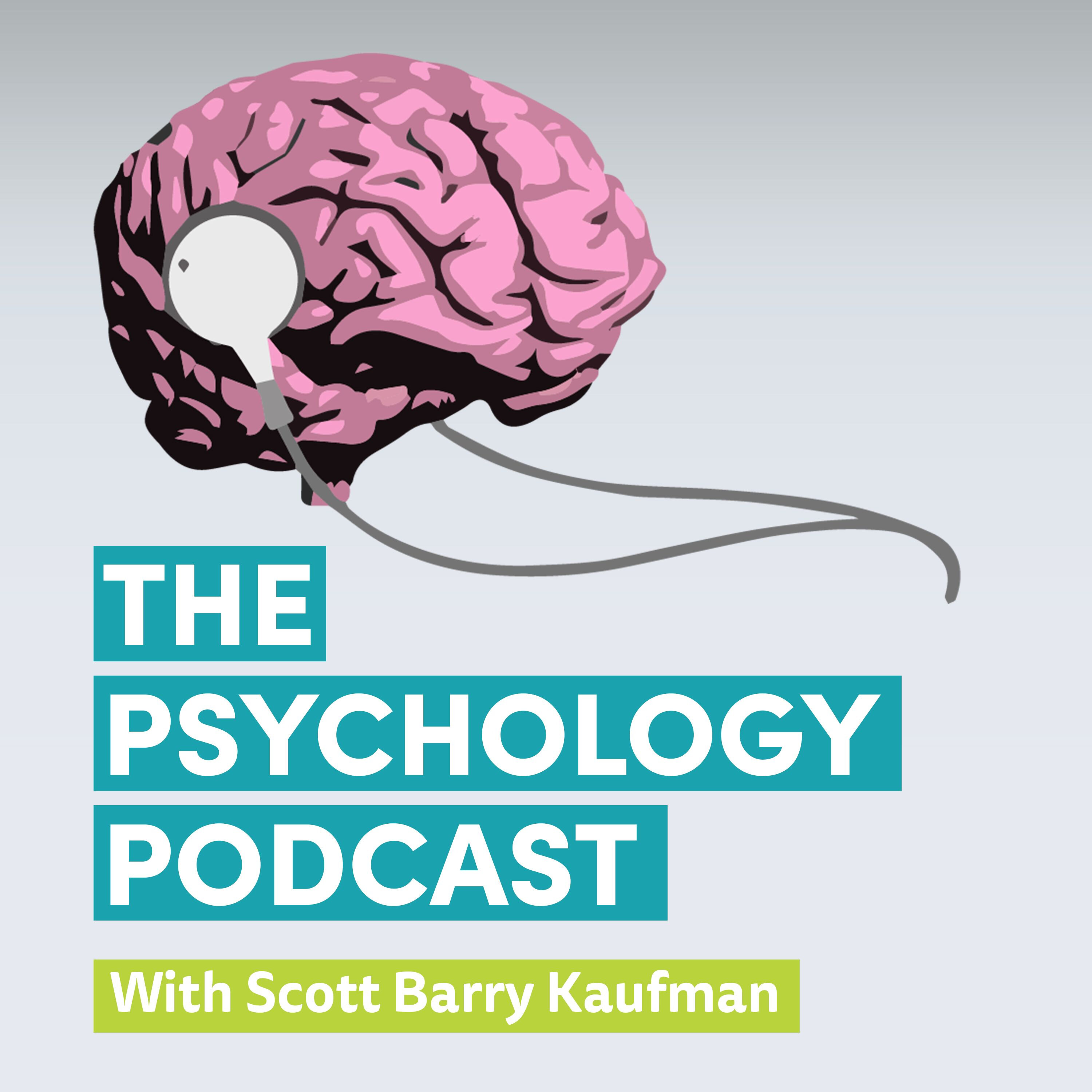
Steven Kotler || The Art of Impossible
Today it’s great to chat with Steven Kotler on the podcast. Steven is a New York Times bestselling author, an award-winning journalist, and the Executive Director of the Flow Research Collective. He is one of the world’s leading experts on human performance. He is the author of nine bestsellers (out of thirteen books total), including The Art of Impossible, The Future Is Faster Than You Think, Stealing Fire, The Rise of Superman, Bold and Abundance. His work has been nominated for two Pulitzer Prizes, translated into over 40 languages, and appeared in over 100 publications, including the New York Times Magazine, Wired, Atlantic Monthly, TIME and the Harvard Business Review. Steven is also the cohost of Flow Research Collective Radio. Along with his wife, author Joy Nicholson, he is the cofounder of the Rancho de Chihuahua, a hospice and special needs dog sanctuary. Topics [4:04] Understanding human potential [9:58] Why not going big is bad for us [11:22] Insights into the flow state [15:06] "Biology scales, personality doesn’t" [18:44] The importance of confidence and grit [19:05] Physical vs. psychological recovery [20:51] Conscious vs. unconscious self-esteem [22:49] The difference between impossible and Impossible [25:21] How to get to Impossible [27:39] Reflections on failure [31:14] Steven’s thoughts on bravery [32:51] Fear as a compass [33:44] Exercising clarity of vision [34:37] Confronting physical barriers to performance [36:57] Steven's dimensions of grit [40:51] How practice makes confident [43:31] How the "courage to be” may be a form of grit [44:54] Steven’s thoughts on passion [49:34] The role of purpose in peak performance [53:16] How to be a high performer [55:09] The "habit of ferocity" Support this podcast: https://anchor.fm/the-psychology-podcast/supportSee omnystudio.com/listener for privacy information.
54:1228/01/2021
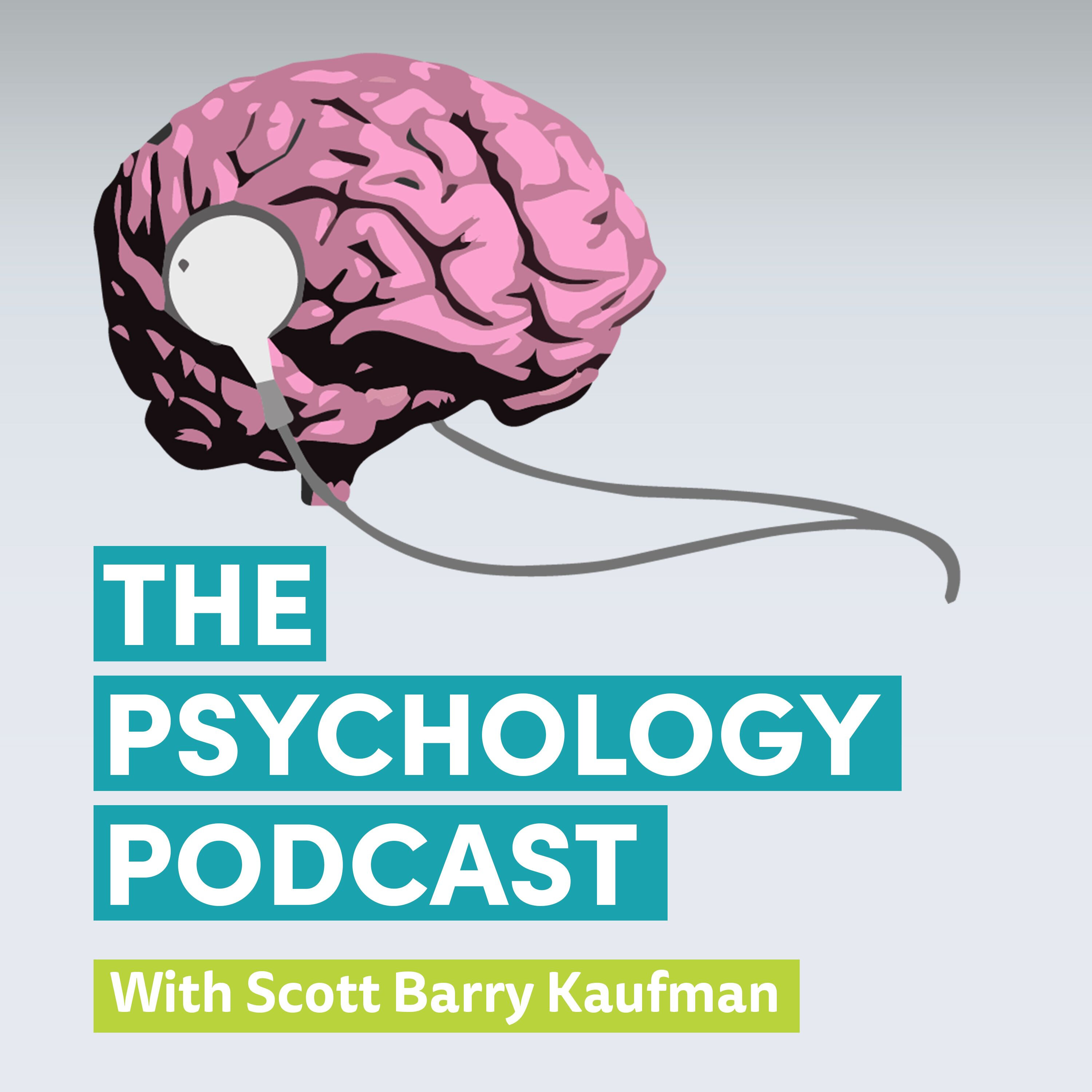
Noam Chomsky || On Human Nature and Human Progress
Today it’s great to have the legendary Noam Chomsky on the podcast. Noam is a public intellectual, linguist, and political activist. He’s the author of many influential books, including Manufacturing Consent: The Political Economy of the Mass Media, and his latest book with Robert Pollin called Climate Crisis and The Green New Deal: The Political Economy of Saving The Planet. Chomsky is also known for helping to initiate and sustain the cognitive revolution. He’s the Laureate Professor of Linguistics at The University of Arizona and Institute Professor Emeritus at MIT. Topics [02:06] The cognitive revolution of the ‘50s and ‘60s [03:49] Noam’s first encounter with behaviorism [12:41] What it was like to be part of the cognitive revolution [17:49] Implicit learning and artificial grammar [26:30] Noam’s view on modern-day behavioral genetics [28:05] Noam's thoughts on intelligence [32:02] Noam’s take on creativity [38:41] Chomsky's view vs. Foucault's view [42:49] Noam’s thoughts on modern-day social justice movements [45:50] Is there such a thing as human nature? [49:06] Identity vs. human nature [54:54] Noam’s views on race consciousness in America [59:16] Why Noam thinks Trump is the worst criminal in human history [1:00:34] How can democrats appeal to Trump supporters? [1:03:47] Cancel culture [1:05:10] The complexities of the slogan "defund the police" [1:08:36] Noam reflects on his life regrets [1:10:17] Chomsky's life advice Support this podcast: https://anchor.fm/the-psychology-podcast/supportSee omnystudio.com/listener for privacy information.
01:10:5714/01/2021
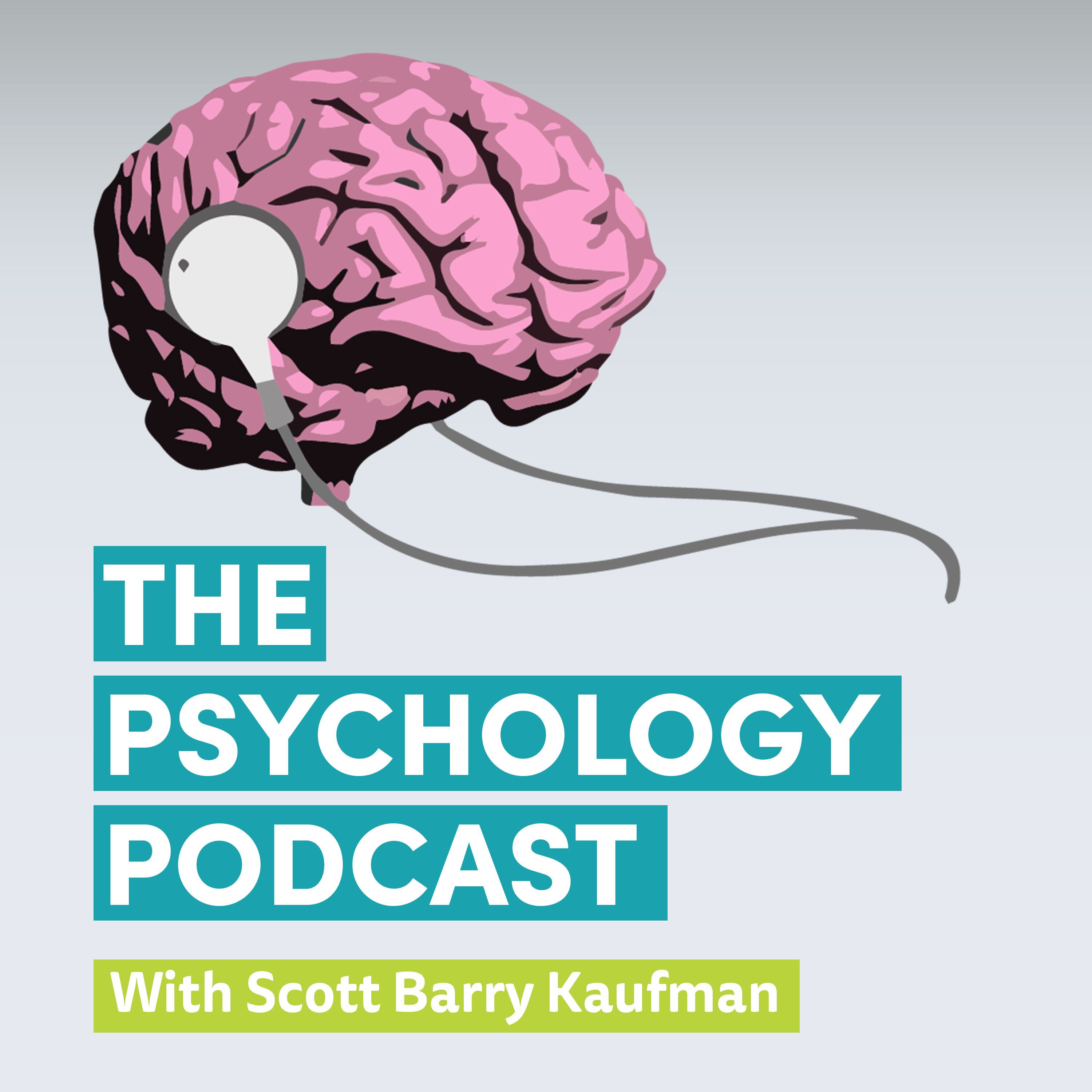
Rich Roll || A Psychological Case Study on Greatness
Today it’s great to chat with Rich Roll on the podcast. Named one of the 25 fittest men in the world by Men’s Fitness and the guru of reinvention by Outside, Rich is a globally renowned ultra-endurance athlete, wellness advocate, best-selling author, husband, and father of four. He shares his inspirational stories of addiction, redemption, and optimal health in his number one best-selling memoir Finding Ultra. Rich has also been featured on CNN, the cover of Outside Magazine, The New York Times, and The Wall Street Journal. His latest book, Voicing Change, features timeless wisdom and inspiration from the widely popular Rich Roll Podcast, one of the top one hundred podcasts in the world with over 100 million downloads. Topics [04:09] Rich’s three major transformations [05:29] How Rich overcame his alcoholism [10:12] Rich’s grit and his life as a functional alcoholic [11:12] Learning how to outwork everybody [12:20] Rich’s personality structure during his schooling years [13:55] The relationship between endurance and drug abuse recovery [17:47] Life after rehab [23:22] Changes made during his early 40s and the motivation behind his fitness routines [25:30] You are what you eat [28:10] Spiritual exploration through active meditation [30:07] Addictive nature of the flow state [32:36] Embracing your authenticity [36:01] How humans are all victims of their character defects [39:00] Growth and self-actualization [42:48] How the media interprets Rich’s story [46:08] The psychologically rich life [49:17] The apology narrative [51:21] Why choosing growth is a daily struggle [53:41] Rich’s third transition [58:25] The overnight success culture [1:01:40] Rich’s advice to people trying to adopt a vegan lifestyle [1:02:47] Focus on controlling the controllable Support this podcast: https://anchor.fm/the-psychology-podcast/supportSee omnystudio.com/listener for privacy information.
01:03:3331/12/2020
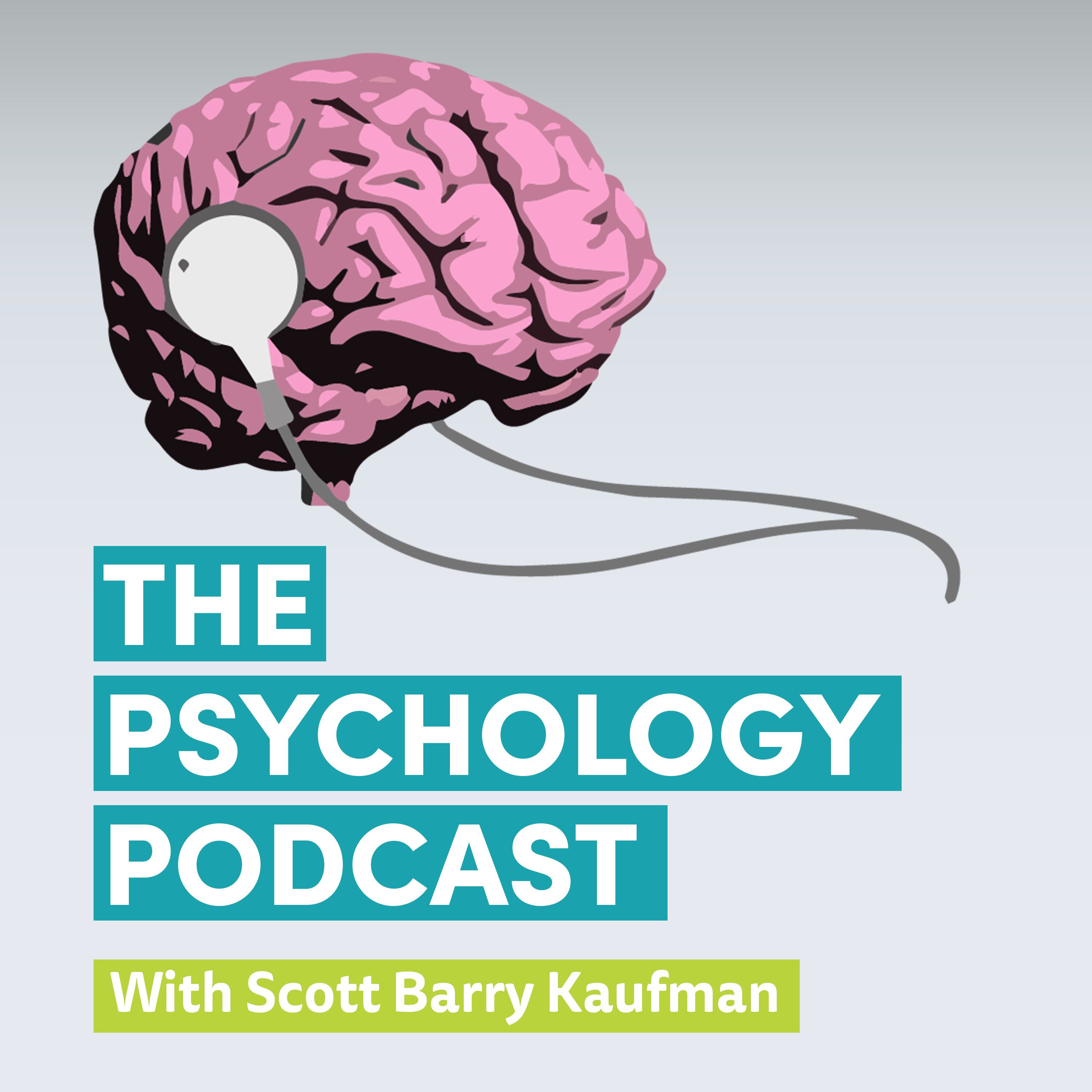
Douglas Conant || Authentic Leadership
“Your life story is your leadership story.” - Douglas Conant Today it’s great to have Douglas “Doug” Conant on the podcast. Conant is the CEO and founder of Conant Leadership, a mission driven community of leaders and learners who are championing leadership that works. He served as the CEO of Campbell Soup for 10 years and is also the former president of Nabisco and former chairman of Avon. He’s a New York Times bestselling author and his new book is called The Blueprint: 6 Practical Steps to Lift Your Leadership to New Heights. Topics [02:14] Doug’s early struggles in his career [04:19] Turning inwards to unlock your potential in life [07:11] Merging “work self” with “real self” into one cohesive identity [11:15] Improve leadership in real time [14:45] Overview of The Blueprint and its 6 Practical Steps [21:31] The practice of declaring yourself to build productive relationships [25:12] More candor is better than less [26:41] Your life story is your leadership story Support this podcast: https://anchor.fm/the-psychology-podcast/supportSee omnystudio.com/listener for privacy information.
29:0124/12/2020

Olga Khazan || The Perks of Being a Weirdo
Today it's great to have Olga Khazan on the podcast. Khazan is a staff writer for The Atlantic, covering health, gender, and science. Prior to that, she was The Atlantic's Global editor. She has also written for the Los Angeles Times, the Washington Post, Forbes, and other publications. She is a two-time recipient of the International Reporting Project's Journalism Fellowship and winner of the 2017 National Headliner Awards for Magazine Online Writing. Topics [02:23] The origin of Olga Khazan's weirdness [04:02] The natural tendency of loner kids to flock together [07:35] The state of our polarized society [08:53] How outcasts bond over the mutual feeling of being different [10:17] Changing social norms without changing people's attitude [11:45] The implications of normalizing everything [12:29] Why most people find it hard to be different [14:10] Gender issues when upholding the norm [16:13] The relationship between tribal instincts and farming [18:03] Why most people tend to overgeneralize stuff [19:34] Why American's warm more towards English speakers than non-English speakers [21:15] Social stresses and how it is related to loneliness [23:59] The link between adverse health outcomes and racial disparities [25:09] Perceived versus real social treatment [26:25] The relationship between weirdness and creativity [28:27] How being different can help you find your true self or your true love [35:48] How to be different [37:06] Comfort with discomfort [39:30] "The weirder you are the fewer and the more precious are the people who truly accept you" [40:35] Why non-conformists desire to improve the lives of others Support this podcast: https://anchor.fm/the-psychology-podcast/supportSee omnystudio.com/listener for privacy information.
35:2417/12/2020

Matt Ridley || How Innovation Works
Today we have Matt Ridley on the podcast. Matt is the author of the recently-released How Innovation Works, as well as The Rational Optimist and several other books related to science and human progress, which have sold over a million copies. He is also a biologist, newspaper columnist, and member of the House of Lords in the United Kingdom. Topics [01:37] What it means to be a rational optimist [03:39] Evidence that the world is heading in the right direction [05:43] Giving evidence-based hope [11:23] Understanding the probabilities of life [12:42] "It ain’t what you don’t know that gets you into trouble; it’s what you think you know that ain’t so" [14:23] Why nuance is an endangered species [16:28] The reward value to truthful or insightful information [18:16] How not everybody is wired to create [20:08] Working with restricted samples [23:03] Does the lone genius really exist? [26:43] Working with naturally occurring samples versus working with restricted samples [32:10] Why stories don’t necessarily mean generalizable truths about innovation [34:05] The need to look out for unexpected results [35:00] Separating the person from the process [36:02] The phenomenon of simultaneous inventions [42:28] Why innovation requires freedom [44:38] Why innovators crave the safe space to fail [45:08] The government’s role in innovation [49:47] Biology as the science of exceptions and not rules Support this podcast: https://anchor.fm/the-psychology-podcast/supportSee omnystudio.com/listener for privacy information.
47:3510/12/2020

Sian Beilock || How Not to Choke Under Pressure
Today it’s great to have Sian Beilock on the podcast. Sian began her tenure as Barnard College President in July 2017, after spending 12 years at the University of Chicago, where she served on the faculty as the Stella M. Rowley Professor of psychology and an executive vice provost. Her work as a cognitive scientist revolves around performance anxiety and reveals simple psychological strategies that can be used to ensure success in everything from test-taking and public speaking to athletics and job interviews. In 2010, she wrote the critically acclaimed book, Choke, and in 2015 she wrote How The Body Knows Its Mind. In 2017, she won the Troland Award from the National Academy of Sciences, and her recent TED Talk has been viewed more than 2 million times. Time Stamps [02:57] Sian’s interest in real-world practical applications of science [04:04] Why writing a book can sometimes be a daunting process [08:07] Choking Under Pressure [09:50] Is flow the opposite of choking? [11:20] Being in the right frame of mind in different situations [11:59] Sian’s definition of choking [13:30] Factors influencing a woman’s career success [17:20] A teacher’s math anxiety and how it impacts a student’s self-belief [19:20] Advice to young people on matters of confidence [20:02] Importance of taking risks in uncomfortable situations [20:48] How to mentally prepare yourself for high stakes situations [22:07] Barnard College as a unique academic institution [24:47] Sian’s ultimate topic in a freshman seminar [27:01] Why college campuses are important places to have cultural conversations [28:16] How curriculums can incorporate science into today’s reality [30:03] Teaching about how to think and not what to think [31:03] Why classrooms should not be considered a safe space [32:12] Why it’s okay to feel uncomfortable sometimes [35:09] How the body knows its mind [37:35] How nature can change how you approach different scenarios in life [37:57] The Alexander technique in eliminating physical tension [38:58] How an acting class can help you get used to being uncomfortable [39:22] Sian’s final tips Support this podcast: https://anchor.fm/the-psychology-podcast/supportSee omnystudio.com/listener for privacy information.
35:0203/12/2020
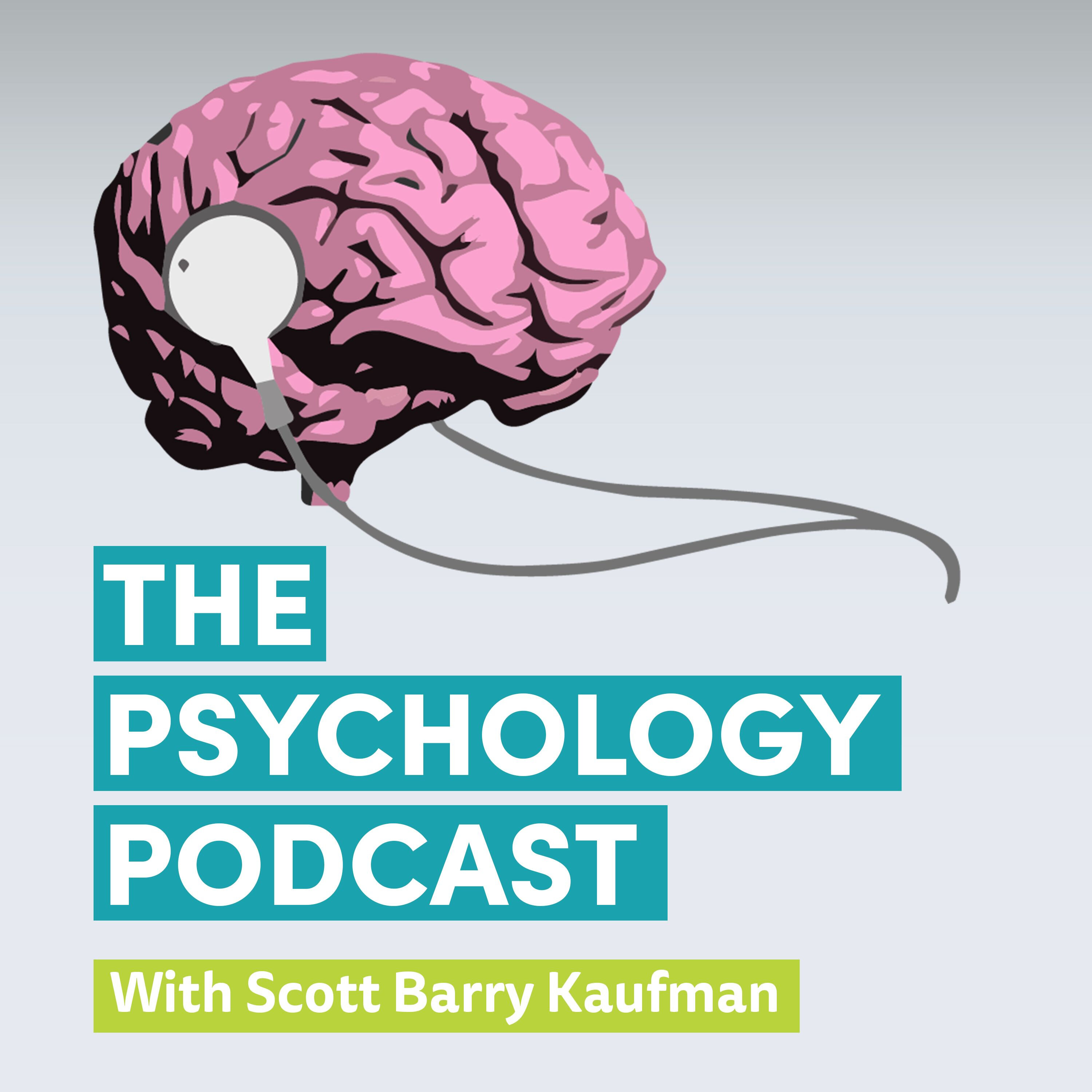
Susan Baum || To Be Gifted & Learning Disabled
Today it’s great to have Susan Baum on the podcast. Dr. Baum is the Director of the 2e Center for Research and Professional Development at Bridges Academy, a school for twice-exceptional children. She is also Provost of the Bridges Graduate School of Cognitive Diversity in Education. She is the author of many books and articles primarily focusing on understanding and nurturing the needs of special populations of gifted underachieving students including the award-winning 3rd edition of her seminal work To Be Gifted & Learning Disabled. Her research and experience in the field of twice-exceptional education have earned her much recognition: 2010 recipient of the Lifetime Achievement Award granted by the Weinfeld Group, 2011 recipient of the Connecticut Association for the Gifted “Friend of the Gifted Award; the 2015 Distinguished Professional Alumni Award from the Neag School of Education; the Lifetime Achievement Award from AEGUS and the 2e Newsletter in 2017, as well as the Alexinia Baldwin Award from National Association for Gifted Students in 2019. Time Stamps [01:30] Dr. Baum’s experience in the field of twice-exceptional education [02:53] “Gifted Education” research in 1985 [04:07] What it means to be 2e [06:00] The difference between gifted and non-gifted in students with learning disabilities [07:50] What counts as “gifted” [09:25] The importance of divergent thinking in creative problem-solving [14:07] Dr. Baum’s work on multiple intelligences theory [16:18] Dr. Baum’s assessment tools for identifying strengths, interests and talents [19:54] The 4 personality types identified by Dr. Baum’s assessment tools [24:48] Bridges Graduate School of Cognitive Diversity in Education and embracing neurodiversity [30:18] “It isn’t easy being green” [36:33] Learning styles vs. strengths [41:58] General intelligence and working memory in 2e learners [46:05] Circumventing the limitations of working memory and strengths-based education [49:41] The importance of a community of support in 2e education Support this podcast: https://anchor.fm/the-psychology-podcast/supportSee omnystudio.com/listener for privacy information.
48:0326/11/2020
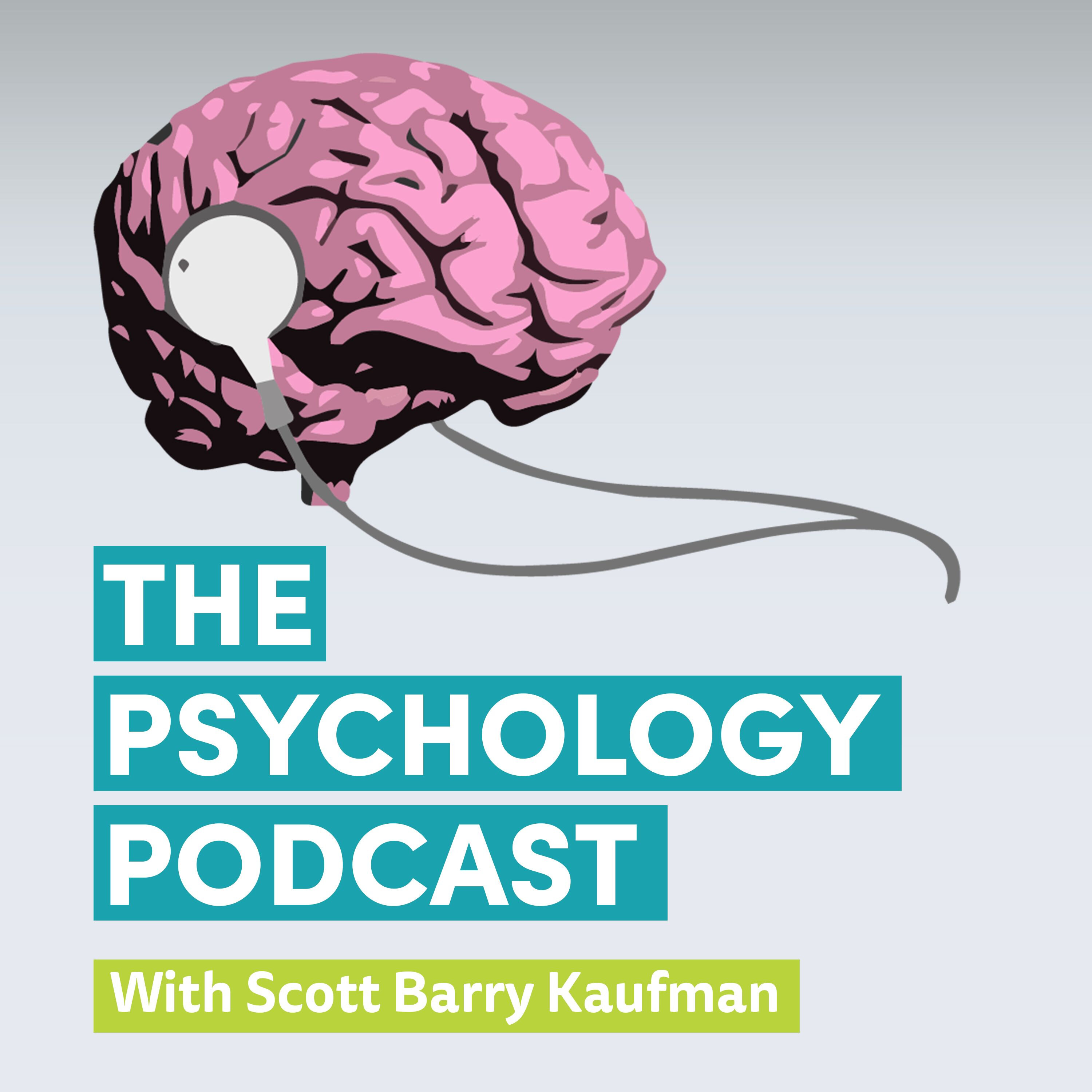
Shellye Archambeau || Unapolegetically Ambitious
Today it’s great to have Shellye Archambeau on the podcast. Archambeau is one of high tech's first female African American CEOs and has a track record of accomplishments building brands, high performance teams, and organizations. Archambeau currently serves on the boards of Verizon, Nordstrom, Roper Technologies, and Okta. She is also a strategic advisor to Forbes Ignite and the President of Arizona State University, and serves on the board of two national nonprofits, Catalyst and Braven. She is the author of Unapologetically Ambitious: Take Risks, Break Barriers and Create Success on Your Own Terms. Time Stamps [01:45] Shellye Archambeau as a tech industry business leader [03:44] Feeling like an outsider growing up [04:32] The birth of Shellye’s tenacity [06:02] You can’t affect what people say to you or people do to you but you can control how you respond. [06:27] Why you need to stop people from controlling your emotions [09:45] Shellye’s mother as a “professional parent” [11:03] Creating a life plan in college [12:28] The importance of making decisions that are consistent with your plans [14:03] “Find your cheerleaders” [17:16] Don’t let them win [19:24] Opening your own doors [19:52] How to fall in love with a future image of yourself [20:55] Early influences during Shellye’s tech journey [22:10] How to foster self determination [24:04] Tips on how to build your reputation [25:03] Stop having second thoughts [29:01] Why you need to start embracing your limits [30:50] Being unapologetically ambitious [31:46] Why it is okay to be ambitious (and why it's not the same thing as narcissism) [33:32] Resilience and staying connected [34:16] How to identify your network [35:50] You deserve it [37:42] How to find your current Support this podcast: https://anchor.fm/the-psychology-podcast/supportSee omnystudio.com/listener for privacy information.
36:0419/11/2020
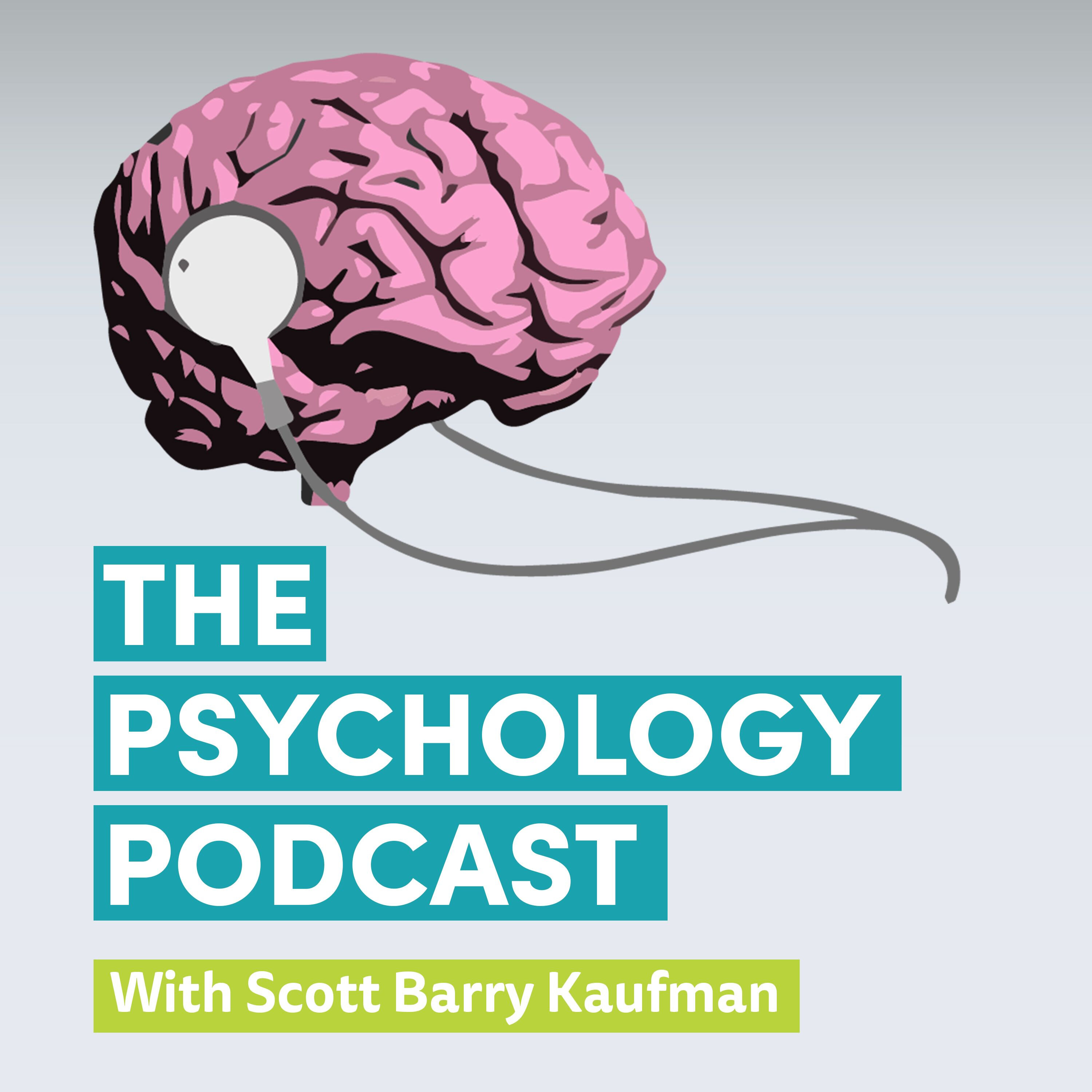
Sharon Salzberg || Mindfulness To Heal Ourselves and the World
Today it’s great to have Sharon Salzberg on the podcast. Sharon is a meditation pioneer and industry leader, a world-renowned teacher, and New York Times bestselling author. As one of the first to bring meditation and mindfulness into mainstream American culture over 45 years ago, her relatable, demystifying approach has inspired generations of meditation teachers and wellness influencers. Sharon is co-founder of The Insight Meditation Society in Barre, MA, and the author of eleven books, including the New York Times bestseller, Real Happiness, now in its second edition, her seminal work, Lovingkindness, and her newest book, Real Change: Mindfulness To Heal Ourselves and the World, released in September of 2020 from Flatiron Books. Sharon’s secular, modern approach to Buddhist teachings is sought after at schools, conferences, and retreat centers worldwide. Her podcast, The Metta Hour, has amassed over 3 million downloads and features interviews with the top leaders and thinkers of the mindfulness movement and beyond. Sharon’s writing can be found on Medium, On Being, the Maria Shriver blog, and Huffington Post. Time Stamps [01:46] Sharon’s book Real Change: Mindfulness to Heal Ourselves and the World [05:31] The dialectical between thinking and doing [08:06] Sharon Salzberg’s activism [09:26] Art as a form of social action [10:38] Love and kindness meditation and the perception in the west [15:16] The importance of boundaries in love and kindness [16:25] Learning about agency and love in the pandemic [21:00] A false sense of agency and the culture of contempt [22:31] Sharon’s inner state of consciousness [23:41] Being mindful of your anger and acknowledging your suffering [30:10] Being realistic and avoiding activist burnout [32:37] “Benevolent contagion” and Sharon’s vision of interconnection [35:37] Mindfulness Meditation and dissolving the grip of habits like attribution bias and stereotyping [42:48] How do you cultivate equanimity? [46:28] Pairing compassion with equanimity [47:20] The legacy Sharon wants to leave behind Support this podcast: https://anchor.fm/the-psychology-podcast/supportSee omnystudio.com/listener for privacy information.
41:0112/11/2020

W. Keith Campbell || The New Science of Narcissism
Today it is really great to have W. Keith Campbell on the podcast. Campbell is a professor of Psychology at the University of Georgia as well as the author of The Narcissism Epidemic, When You Love a Man Who Loves Himself, and most recently, The New Science of Narcissism. He also has more than 120 peer reviewed articles and he lives in Athens, Georgia. Time Stamps [00:01:41] Defining grandiose and vulnerable narcissism [00:03:33] Three-factor model of narcissism [00:07:32] The "recipe for narcissism" [00:10:00] Primary goals and motives of narcissists [00:12:56] The role of vanity [00:16:47] Gender differences in narcissistic traits [00:19:12] Gender differences in narcissism personality disorder diagnoses [00:22:14] Dark and light triads of personality [00:26:42] The dark empath and unique personality trait combinations [00:30:12] How narcissistic traits affect relationship dynamics [00:35:07] When do relationships start to fall apart? [00:39:08] Narcissism in today's leadership [00:44:26] Narcissism in social media [00:45:39] Geek culture and the great fantasy migration [00:52:37] How to reduce narcissism [00:55:57] How to deal with narcissists [00:57:55] Psychotherapy for vulnerable narcissism [01:02:04] Narcissistic personality disorder [01:05:54] New treatments for narcissistic personality disorder [01:09:40] Transcending the ego Support this podcast: https://anchor.fm/the-psychology-podcast/supportSee omnystudio.com/listener for privacy information.
01:08:2405/11/2020

Caroline Webb || How to Have a Good Day During a Global Pandemic
Today it is great to have Caroline Webb on the podcast. Webb is an executive coach, author and speaker who specializes in showing people how to use insights from behavioral science to improve their professional lives. Her book on that topic, How To Have A Good Day, has been published in 14 languages and more than 60 countries. She is also a Senior Advisor to McKinsey, where she was previously a partner. Time Stamps [01:30] How To Have A Good Day during a pandemic [03:37] The power of practicing mindfulness [08:44] Emotional contagion and deliberate focus [09:56] The state of affairs and focusing on what we can control [13:55] Caroline’s philosophy of “realistic optimism” [17:07] Realistic optimism vs aggressive positivity [20:55] How mental contrasting can help you have a good day [24:07] Changing your environment to change your behaviour [24:48] Does positive thinking work? [30:20] How coaching can help you [32:00] Caroline’s coaching sessions [37:00] Caroline’s scenic route to the field of psychology [40:09] How coaching is not always grounded in science [42:49] The universal need for coaching [46:24] Listening as a basic coaching skill [49:32] Helping people engage with their own creativity [52:22] Burning Man and living a good life Support this podcast: https://anchor.fm/the-psychology-podcast/supportSee omnystudio.com/listener for privacy information.
46:3722/10/2020

Ryan Holiday || Lives of the Stoics
Today it is great to have Ryan Holiday on the podcast. Holiday is one of the world’s foremost thinkers and writers on ancient philosophy and its place in everyday life. He is a sought-after speaker, strategist and the author of many bestselling books including The Obstacle Is the Way: The Timeless Art of Turning Trials into Triumph, Ego Is the Enemy, The Daily Stoic: 366 Meditations on Wisdom, Perseverance, and the Art of Living , and the number one New York Times bestseller Stillness is the Key. His books have been translated into over thirty languages, and been read by over two million people. He lives outside Austin, Texas with his family, and his most recent book is Lives of the Stoics: The Art of Living from Zeno to Marcus Aurelius. Time Stamps [00:01:10] Stoicism and "works over words" [00:04:04] Modern day Stoicism [00:05:16] Knowledge for knowledge’s sake vs. practical purposes of philosophy [00:06:58] The four virtues of Stoicism [00:07:59] Living well versus living the good life [00:10:04] The founding fathers and Stoicism [00:11:18] Ryan’s writing vs. academic writing [00:17:43] The deeply personal Meditations by Marcus Aurelius [00:19:21] Zeno the Prophet and the founding of Stoicism [00:20:41] Living in harmony with nature [00:22:16] How COVID-19 has given Ryan perspective on being zoomed into life [00:25:33] Eastern and Western conceptions of stillness [00:29:30] The relationship between Stoicism and humor [00:30:11] Aristo the Challenger and the influence of cynicism on Stoicism [00:31:01] Zeno the Maintainer and the repetition of names in Roman times [00:33:38] Antipater the Ethicist and transcending individual selfishness [00:37:56] Panaetius the connector and Stoicism beyond virtue [00:39:36] Women in Stoicism and Portia Cato [00:40:58] “Cancelling” Stoicism and the tearing down of Confederate statues [00:44:48] Posidonius the Genius and the battle between our lower urges and higher nature [00:46:26] The omission of frivolity in Stoic writing [00:48:16] Cato: Roman among the Romans [00:51:58] Epictetus and the nature of freedom [00:54:27] How Marcus Aurelius became the emperor of Rome [00:57:13] How Ryan has grown since his earliest engagements with and writings on Stoic philosophy Support this podcast: https://anchor.fm/the-psychology-podcast/supportSee omnystudio.com/listener for privacy information.
55:5308/10/2020

Greg Lukianoff || Free Speech
Today it is great to have Greg Lukianoff on the podcast. Greg is an attorney, New York Times bestselling author, and the present CEO of the Foundation for Individual Rights in Education (FIRE). He is the author of Unlearning Liberty: Campus Censorship and the End of American Debate, Freedom from Speech, and FIRE’s Guide to Free Speech on Campus. Most recently, he co-authored The Coddling of the American Mind: How Good Intentions and Bad Ideas Are Setting Up a Generation for Failure Check out Greg and Jonathan’s video on why they dislike the use of the word "coddling" in the title of their book. Time Stamps [00:02:39] Why Greg advocates free speech [00:06:00] The story behind why the former executive director of the ACLU, Ira Glasser, began his fight for civil liberties [00:07:54] The Bedrock Principle and why you cannot ban something simply because it is offensive [00:09:42] The limits of free speech and exceptions to the First Amendment [00:11:19] How Greg’s argument for free speech differs from the traditional argument for free speech [00:14:38] Addressing the criticism that free speech could incite violence against vulnerable people [00:16:03] Why we should listen to the arguments of people with whom we strongly disagree [00:20:13] How to balance arguments for free speech with empathy [00:22:37] Humor as a coping mechanism for depression [00:23:14] Greg’s suicide attempt and struggle with depression [00:27:29] How Greg enjoys helping people who struggle with mental health issues [00:28:50] How Greg’s thriving after depression can give people hope [00:29:37] Addressing the stereotype that Greg’s work is always about political correctness, when it is actually often transpartisan [00:30:08] How hyper-bureaucratized universities can exacerbate mental health problems [00:33:10] How cognitive behavioral therapy (CBT) influenced The Coddling of the American Mind [00:34:57] The importance of discipline and consistency in the practice of CBT [00:36:14] The pre-2013 repression of free speech by the administration [00:38:02] The post-2013 spike of repression of free speech by students [00:40:23] How anti-free speech administrations taught students habits of anxiety and depression by repressing free speech [00:43:07] The scary anti-Trump riots after his election in 2016 [00:44:35] Arguments over the title of the book The Coddling of the American Mind [00:51:07] The six reasons for the sudden spike in anti-free speech activism [00:55:59] Criticisms against allowing our gender or race identities to define us [00:57:03] Common enemy identity politics versus common humanity identity politics [00:59:16] Why compassion is essential [00:59:57] Naive statism and why we should be cautious when designing laws which repress civil liberties [01:05:04] Components of Greg’s background which led to his powerful advocacy of free speech on campus [01:11:26] Greg and his family’s health after a year of injuries, health problems, and bereavement [01:17:24] Hope that Greg has had since publishing The Coddling of the American Mind Support this podcast: https://anchor.fm/the-psychology-podcast/supportSee omnystudio.com/listener for privacy information.
01:21:1924/09/2020
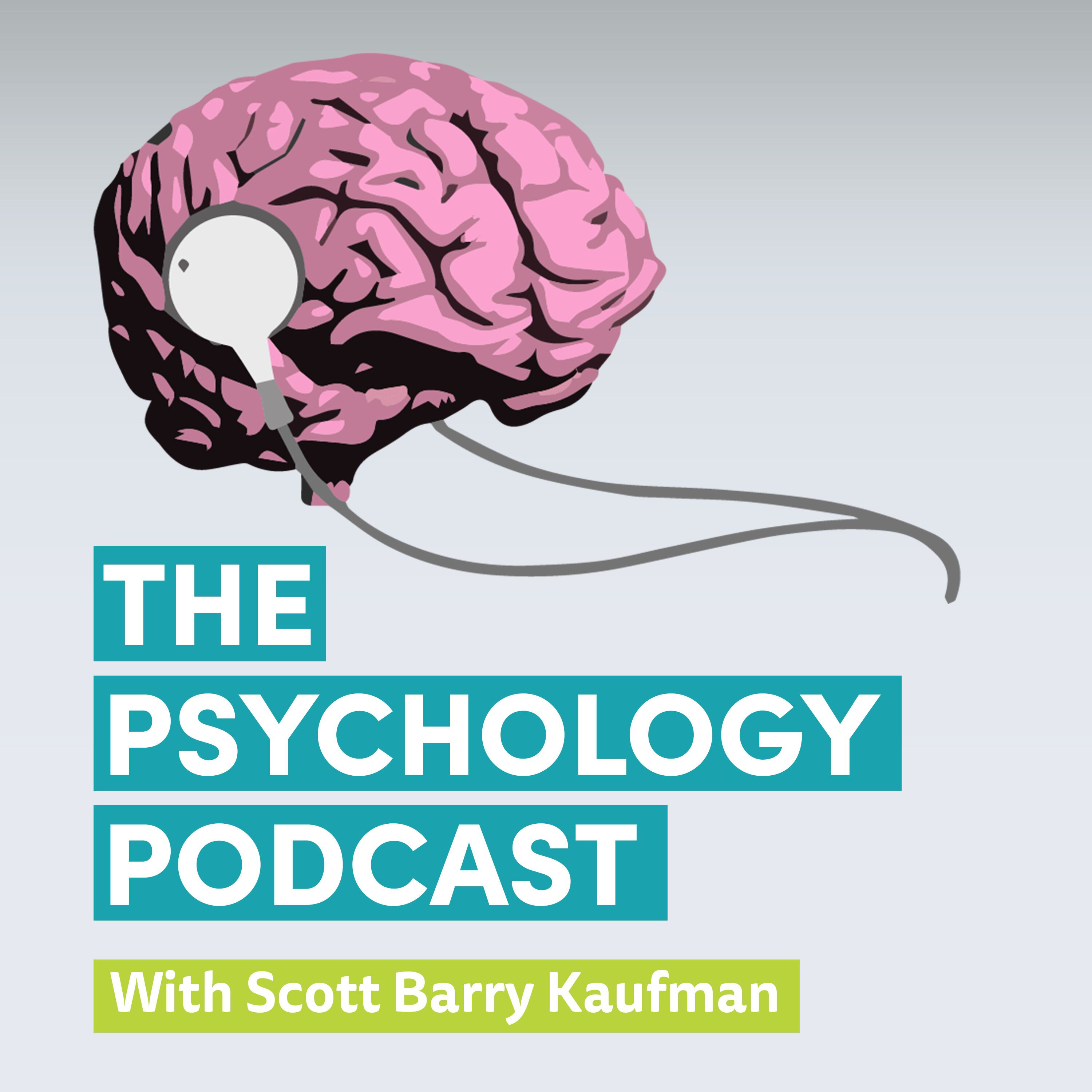
Spencer Greenberg || Effective Altruism, Mental Health, & Habit Change
Today it is great to have Spencer Greenberg on the podcast. Spencer is an entrepreneur and mathematician and founder of Spark Wave — a software foundry which creates novel software products from scratch, designed to help solve problems in the world using social science. For example, scalable care for depression and anxiety and technology for accelerating and improving social science research. He also founded clearerthinking.org, which offers free tools and training programs used by over 250, 000 people which are designed to help you improve decision making and increase positive behaviors. Spencer has a PhD in Applied Math from NYU with a specialty in Machine Learning. Spencer’s work has been featured by numerous major media outlets such as the Wall Street Journal, the New York Times, the Independent, Lifehacker, Fast Companyand the Financial Times. Check out sparkwave.tech/conditions-for-change where you can apply the results of scientific studies to your habit development, from making a decision to cultivate a habit, to taking action, and finally, continuing that habit. Time Stamps [00:01:40] How the Effective Altruism movement works [00:02:55] The role of emotions in Effective Altruism [00:04:03] How Spencer applies Effective Altruism in his work and companies [00:06:27] How cultivating automatic if-then rules can improve your life [00:10:42] How to handle depression using behavioral activation [00:12:05] Introversion and the hierarchical nature of personality [00:14:58] Personality traits that are not captured by the Big Five model [00:18:04] How it is easier to present a scientific finding compared to explaining that finding [00:20:20] The “psychological immune system” and the five categories of behaviors for dealing with difficult situations [00:20:55] Facing reality and clarifying distortions of thinking [00:21:27] Feeling-based and emotion-based strategies for dealing with difficulty [00:22:10] Action-based strategies for dealing with difficulty [00:23:27] Refocusing techniques for dealing with difficulty [00:23:42] Reframing and finding the silver lining [00:29:47] Whether or not the Big Five personality traits are inherently valenced (i.e. positive or negative) [00:31:03] Personality as a distribution of traits [00:33:22] Finding optimal levels of different personality traits [00:33:59] Tips for forming new habits [00:38:22] How to determine why behavioral change is not happening [00:42:07] Tips and heuristics for sparking structured and unstructured creativity Support this podcast: https://anchor.fm/the-psychology-podcast/supportSee omnystudio.com/listener for privacy information.
41:0410/09/2020

Erika Lust || Ethical Porn
Today it's great to have Erika Lust on the podcast. Lust is an acclaimed adult filmmaker who creates sex-positive, indie adult cinema that portrays sexually intelligent narratives, relatable characters and realistic hot sex. Her XConfessionsproject turns the public’s anonymous fantasies into explicit and artistic short films. Whilst her recently re-launched LustCinema is a US based studio with original series and feature length films for lovers of cinema and sex. In 2015, Erika gave her essential TEDx talk It’s Time for Porn to Change. Her story was also featured in the first episode of the Netflix documentary series Hot Girls Wanted: Turned On (“Women on Top”), directed by Rashida Jones. This year Erika was named as one of the BBC 100 Women’s most influential women of 2019. Free 7 day subscription of lustcinema.com Check out the first episode of Erika Lust's new miniseries for free now - 'Safe Word'is a full immersion in the BDSM healthy, sexy culture of communication and awareness in sex. The series follows the ruthless and demanding theatre director Christie in her initiation to BDSM. link: https://lustcinema.com/lp/free-episode-soft?utm_medium=web&utm_source=thepsychologypodcast&utm_campaign=safeword Time Stamps [00:01:51] The changes that Erika wants to see in porn [00:03:13] What is wrong with standard porn [00:05:34] What people can expect to see in films produced by Erika [00:08:33] How the sex can stay dirty, but the values must stay clean [00:11:51] How to deal with derogation and humiliation in ethical porn [00:14:08] Why porn, especially taboo porn, is so popular [00:15:32] Common misconceptions about porn as an industry [00:22:19] Exploitation in porn [00:28:05] How to determine if the porn you watch is ethically produced [00:30:00] Erika’s journey from a dissatisfied porn consumer to becoming a producer and an activist [00:35:56] A study on the many reasons people have sex [00:36:38] Objectification in standard porn versus ethical porn [00:43:32] Research on the positive effects of having sex with a sense of care [00:44:43] The objectification and stereotyping of men in porn [00:47:00] The equality of sexual enjoyment [00:48:07] The meaning of feminist porn [00:49:58] Whether ethical porn is constrained by evolved human nature [00:59:10] How to participate in XConfessions [01:00:51] eroticfilms.com [01:01:55] LustCinema [01:03:03] The Porn Conversation Support this podcast: https://anchor.fm/the-psychology-podcast/supportSee omnystudio.com/listener for privacy information.
59:2227/08/2020
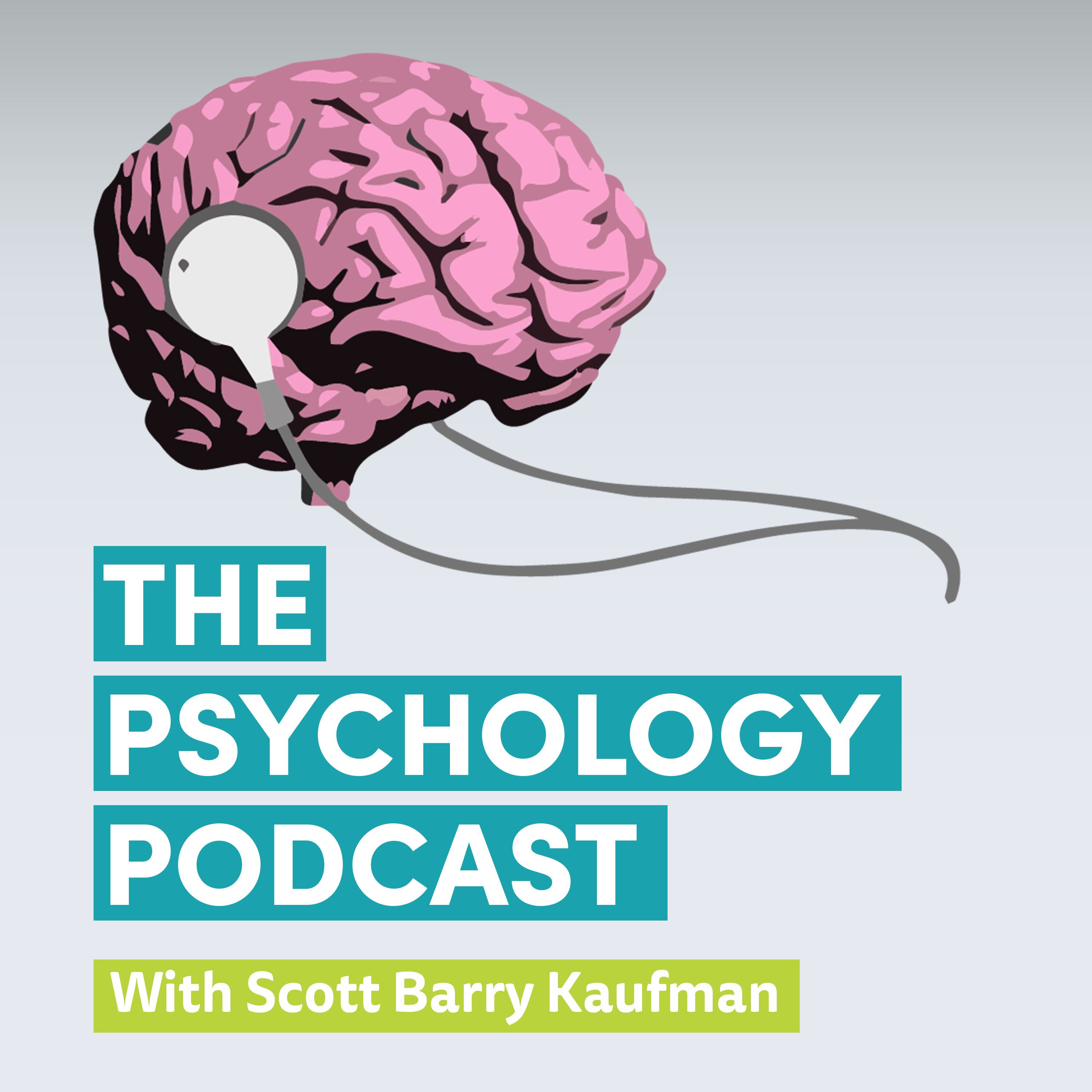
Bret Weinstein || Uniting America
Today we have Bret Weinstein on the podcast. Bret has spent two decades advancing the field of evolutionary biology, earning his Ph.D. at the University of Michigan before teaching at the Evergreen State College for fourteen years. He has developed a new Darwinian framework based on design tradeoffs and made important discoveries regarding the evolution of cancer, senescence, and the adaptive significance of moral self-sacrifice. He is currently working to uncover the evolutionary meaning of large-scale patterns in human history and seeking a game theoretically stable path forward for humanity. With his wife Heather Heying, he is co-writing A Hunter Gatherer’s Guide to the Twenty-First Century and is the host of Bret Weinstein’s Dark Horse Podcast. Time Stamps [00:00:00] Introducing Bret Weinstein [00:00:43] The meaning of “evolutionary theoretical biology” [00:01:37] Critiques of evolutionary psychology [00:03:08] Critiques of epigenetics [00:03:59] The unfortunate competition between theory and empiricism in academia [00:05:19] Protests against Bret at Evergreen State College [00:07:35] The role of fear in collective protests [00:08:47] Sources of racial tensions in the US: deindividuation on the left & a lack of interracial compassion on the right [00:12:37] Defining the deindividuation problem [00:15:08] Unity2020and the fight to return policymaking to the average American [00:17:15] The meaning of "wokeness": then and now [00:21:51] Encouraging Black Lives Matter (BLM) supporters to join Unity2020 [00:27:33] Considering Andrew Yang as a center-left candidate for Unity2020 [00:28:45] Considering Admiral William McRaven as a center-right candidate for Unity 2020 [00:29:53] Influencing Trump supporters to join Unity2020 [00:32:07] Analogies between religion and political polarization [00:35:04] "Dichotomy-transcendence" [00:43:25] Scott’s Twitter run in with the Intellectual Dark Web [00:45:13] Defining principles of the Intellectual Dark Web [00:50:26] Possible criticisms of the Intellectual Dark Web [00:55:05] Bret’s experience growing up with a learning disability [01:00:57] Assessing IQ as a measure of intelligence [01:02:07] The danger of studying the correlations between genetics and intelligence [01:07:00] How we are a long way from understanding how the mind works [01:12:10] Answering Twitter questions for Bret Support this podcast: https://anchor.fm/the-psychology-podcast/supportSee omnystudio.com/listener for privacy information.
01:15:2113/08/2020
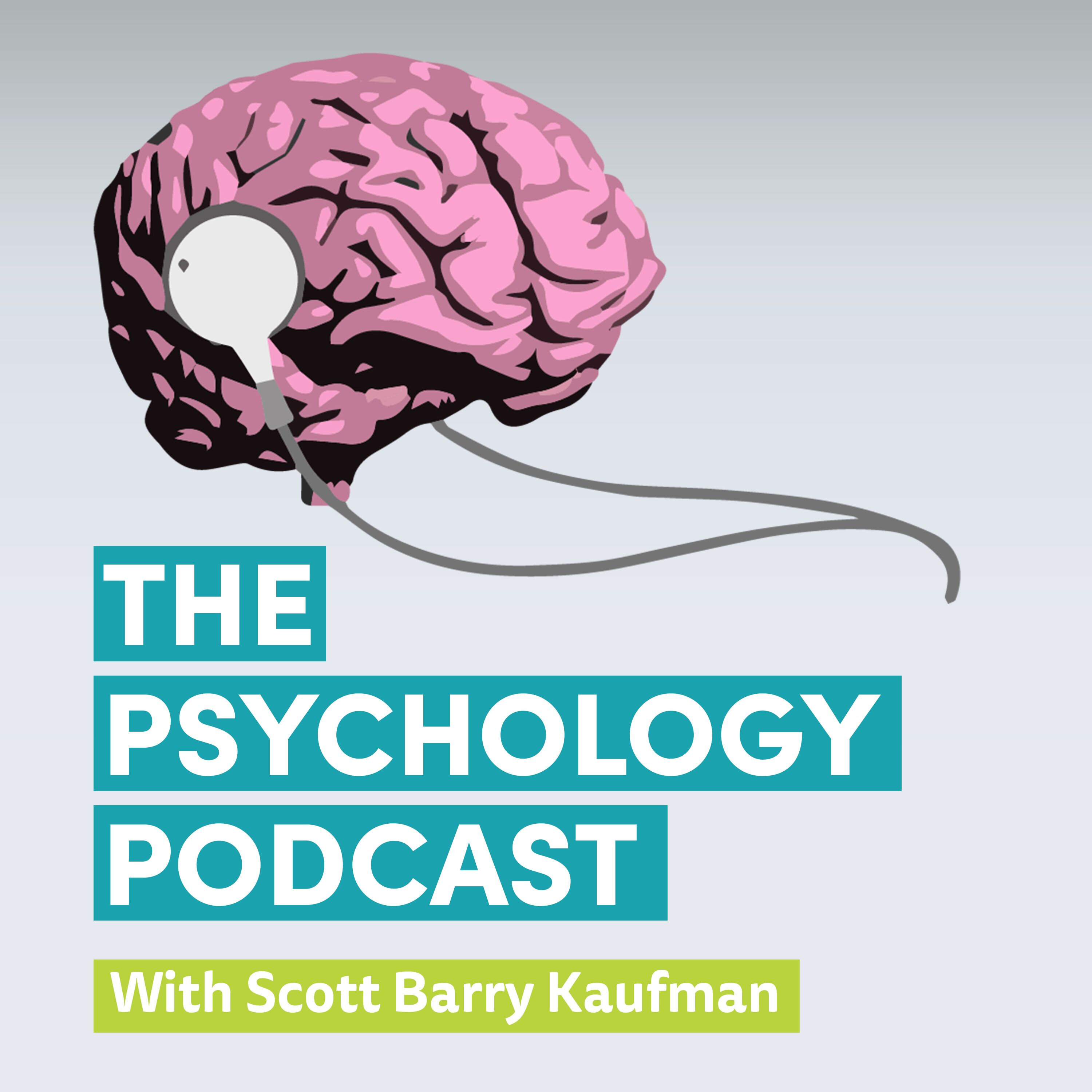
Chloé Valdary || Love & Race
Today it is great to have Chloé Valdary on the podcast. After spending a year as a Bartley Fellow at the Wall Street Journal, Chloe developed the Theory of Enchantment, an innovative framework for socioemotional learning, character development and interpersonal growth that uses pop culture as an educational tool in the classroom and beyond. Chloé has trained around the world including in South Africa, the Netherlands, Germany and Israel. Her clients have included high school and college students, government agencies, business teams and many more. She has also lectured in universities across America including Harvard and Georgetown. Her work has been covered in Psychology Today magazine and her writings have appeared in the New York Times and the Wall Street Journal. Support this podcast: https://anchor.fm/the-psychology-podcast/supportSee omnystudio.com/listener for privacy information.
43:4305/08/2020
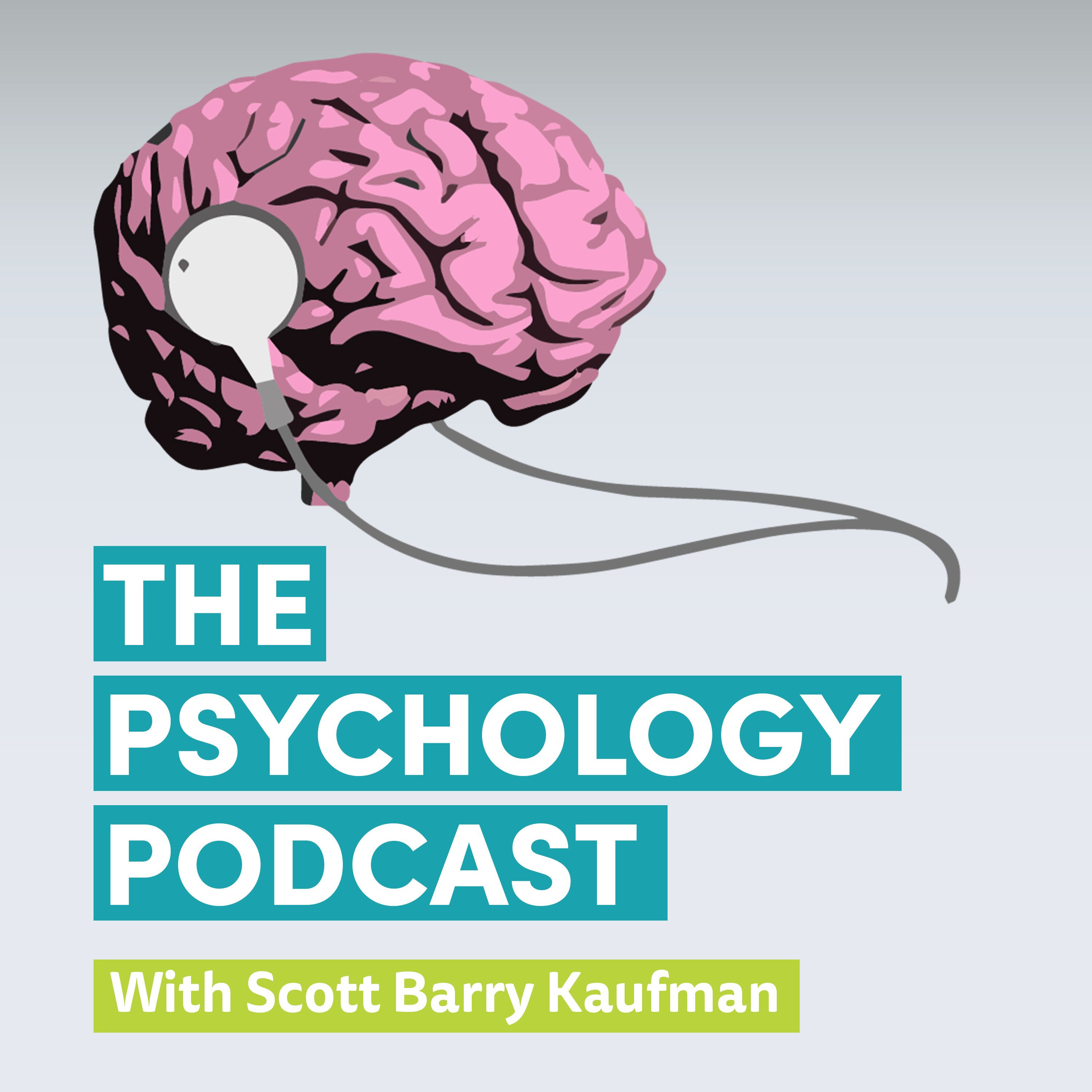
Robert Sutton || Good Leaders vs. Bad Leaders
Today it’s great to have Robert Sutton on the podcast. Sutton is Professor of Management Science and Engineering and Professor of Organizational Behavior by courtesy at Stanford. He co-founded the Stanford Technology Ventures Program (STVP) and the Hasso Plattner Institute of Design which everyone calls the d.school. Sutton received his PhD in Organizational Psychology from the University of Michigan and has served on the Stanford faculty since 1983. Support this podcast: https://anchor.fm/the-psychology-podcast/supportSee omnystudio.com/listener for privacy information.
57:5830/07/2020

Chip Conley || Wisdom, Midlife, and Peak Experience
Today it's great to have Chip Conley on the podcast. Chip is a New York Times best-selling author who helped Airbnb's founders turn their fast-growing tech start-up into a global hospitality brand. In his book Wisdom at Work: The Making of a Modern Elder, he shares his unexpected journey at midlife, from CEO to intern, learning about technology as Airbnb's Head of Global Hospitality and Strategy, while also mentoring CEO Brian Chesky. Support this podcast: https://anchor.fm/the-psychology-podcast/supportSee omnystudio.com/listener for privacy information.
01:09:2923/07/2020
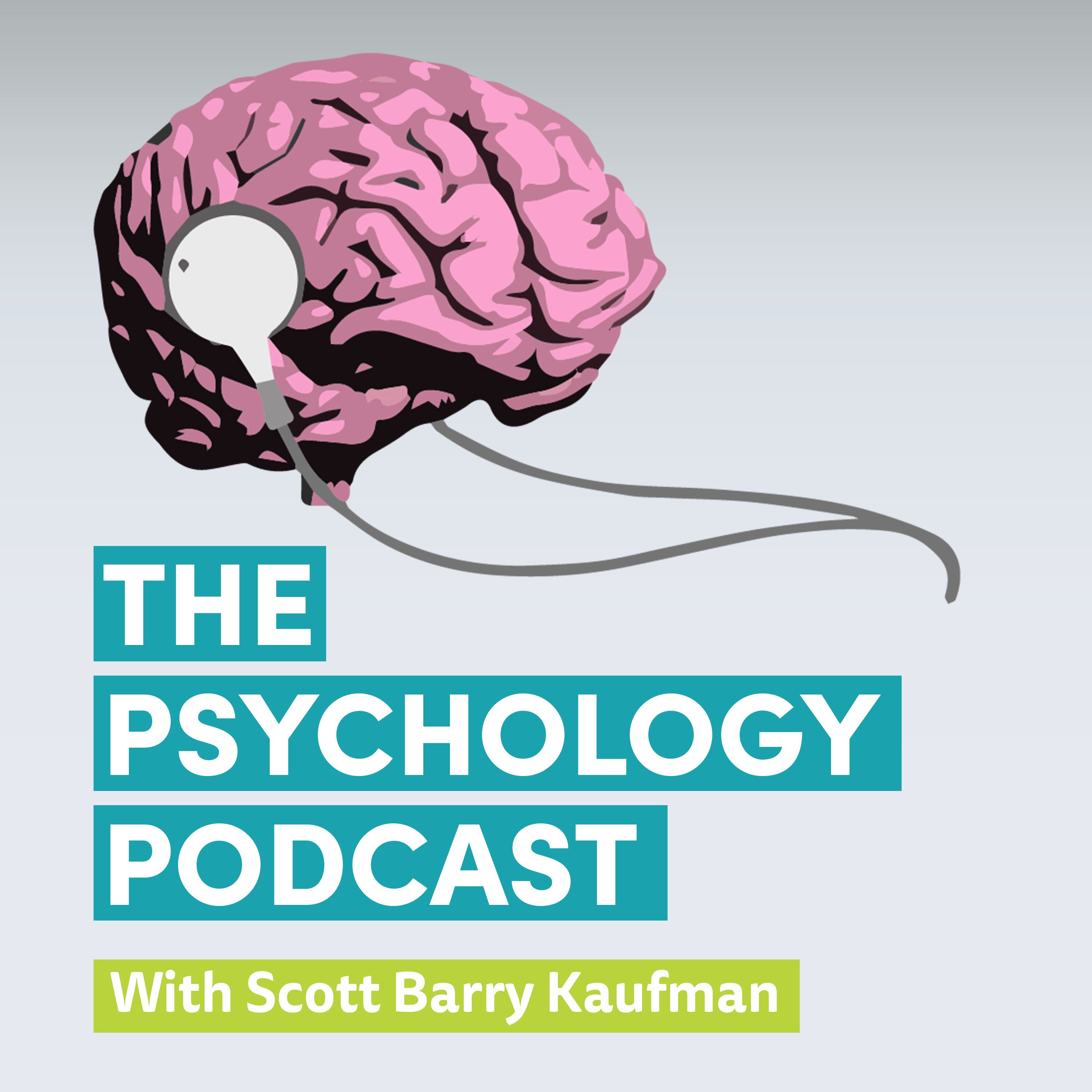
Michael Gervais || Creating a Living Masterpiece
Today it’s great to have Dr. Michael Gervais on the podcast. Dr. Gervais is a world-renowned high-performance psychologist and industry visionary. Over the course of 20 years, working with world leading performers, Dr. Gervais has developed a psychological framework that allows people to thrive in pressure packed environments. Support this podcast: https://anchor.fm/the-psychology-podcast/supportSee omnystudio.com/listener for privacy information.
58:4716/07/2020
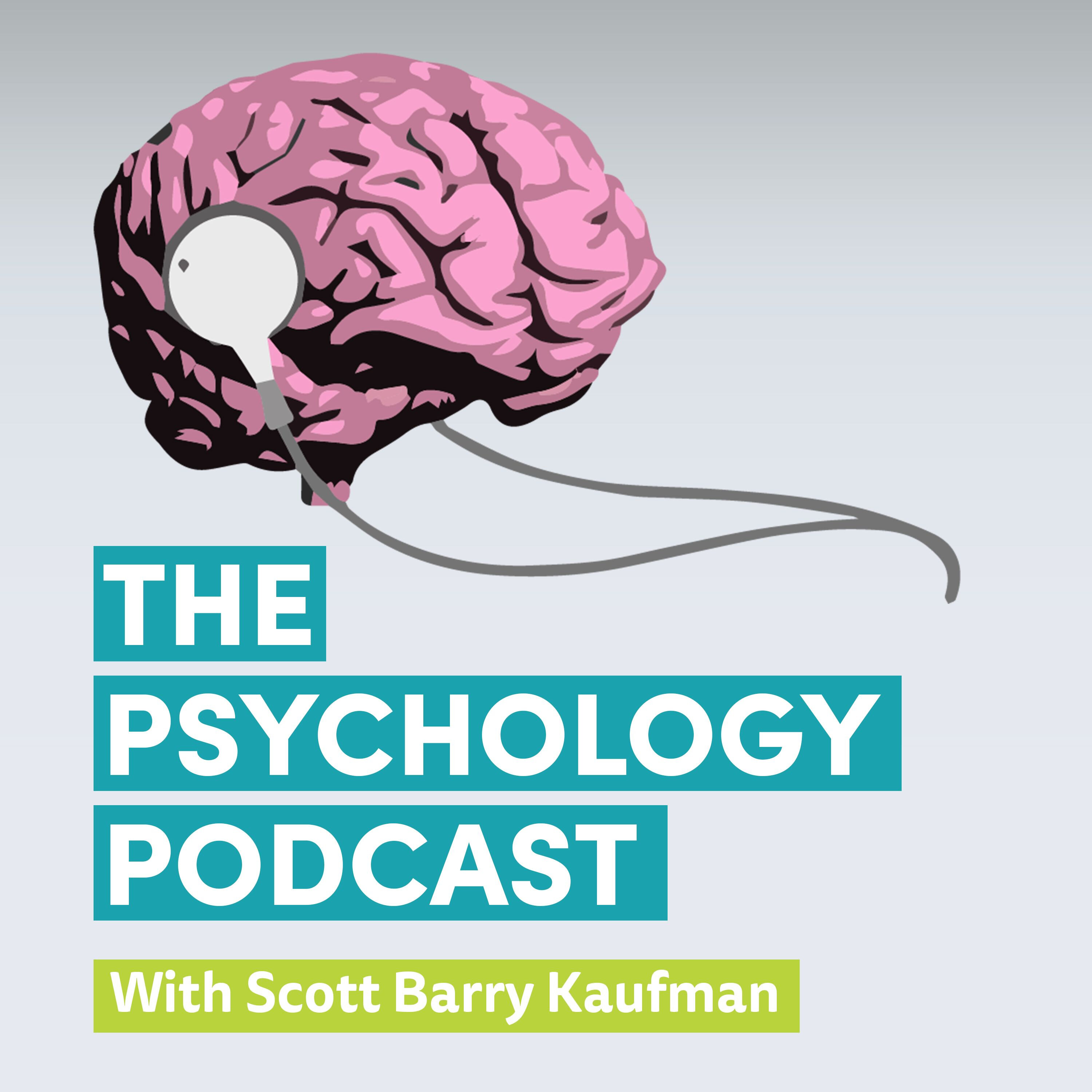
Katie Herzog and Jesse Singal || Uncancellable
Today it’s great to have Katie Herzog and Jesse Singal on the podcast. Together, Herzog and Signal co-host the Blocked and Reported Podcast. NOTE: This is a Patreon exclusive episode, which means that only the first half is available for public consumption. The rest of the episode is only available to Patreon subscribers. Together, Herzog and Signal co-host the Blocked and Reported Podcast. Support this podcast: https://anchor.fm/the-psychology-podcast/supportSee omnystudio.com/listener for privacy information.
01:28:2509/07/2020
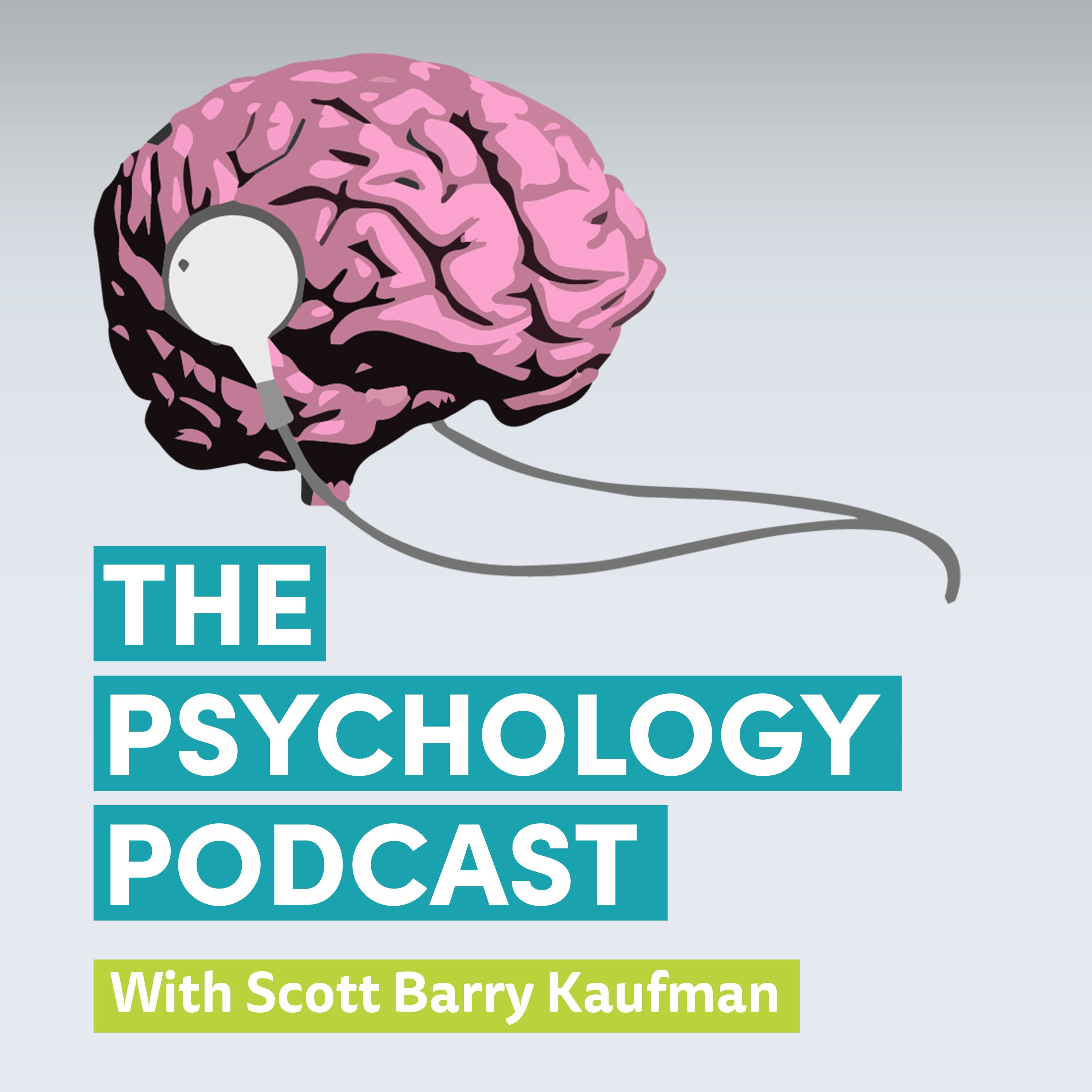
Ayishat Akanbi || Keeping it Real
I’m really excited to have Ayishat Akanbi on the podcast today. Ayishat is a writer and fashion stylist based in London. Personal reflection has guided her approach of reminding us of our commonalities instead of our differences. Not just for social awareness but also self-awareness, Ayishat resists the black and white thinking that can lead to divisive socio-political discourse and is comfortable “in the grey”. Support this podcast: https://anchor.fm/the-psychology-podcast/supportSee omnystudio.com/listener for privacy information.
54:2702/07/2020
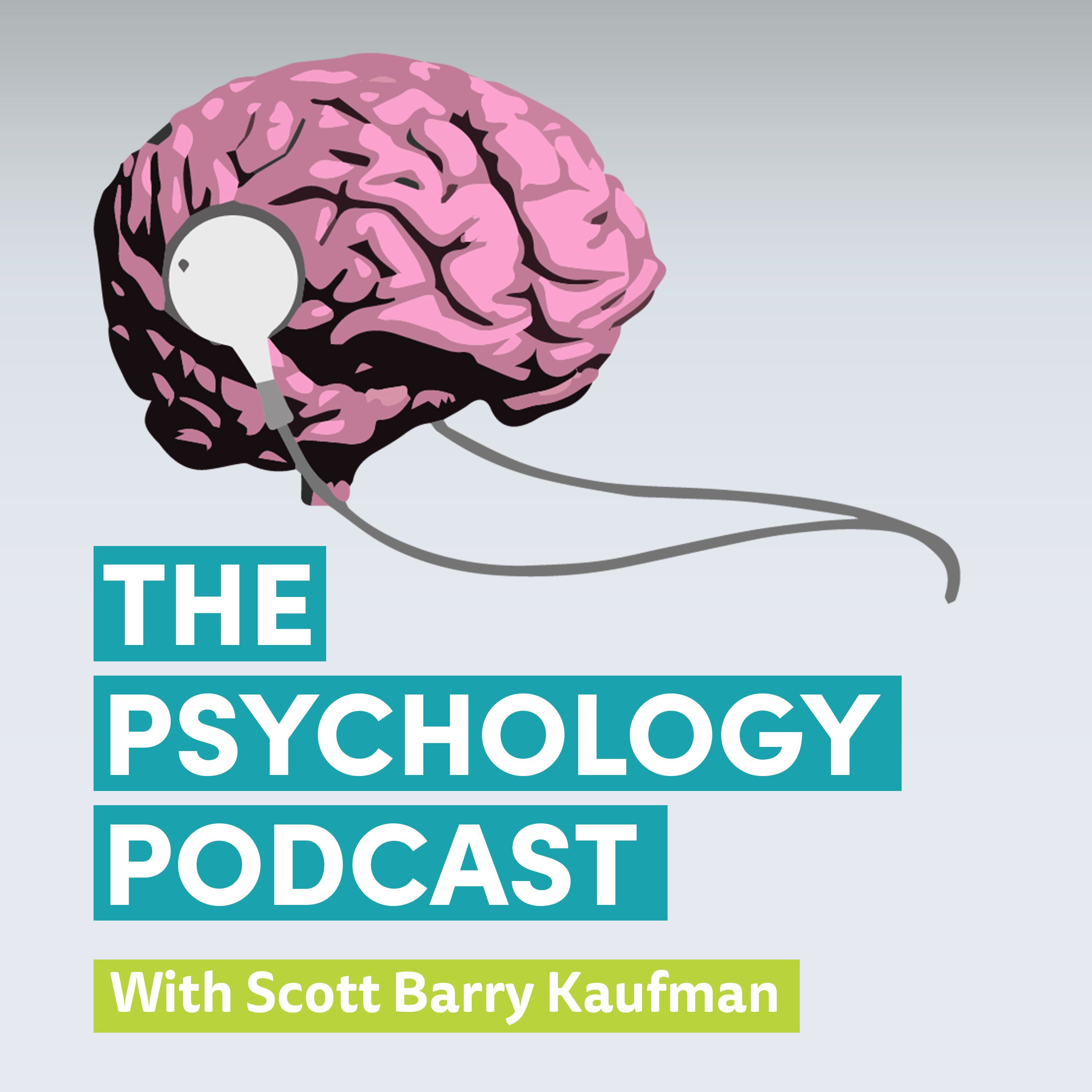
Richard Haier || The Nature of Human Intelligence
Today it’s great to have Dr. Richard Haier on the podcast. Dr. Haier is Professor Emeritus in the School of Medicine at the University of California, Irvine. His research investigates structural and functional neuroanatomy of intelligence using neuroimaging. Support this podcast: https://anchor.fm/the-psychology-podcast/supportSee omnystudio.com/listener for privacy information.
01:14:4025/06/2020
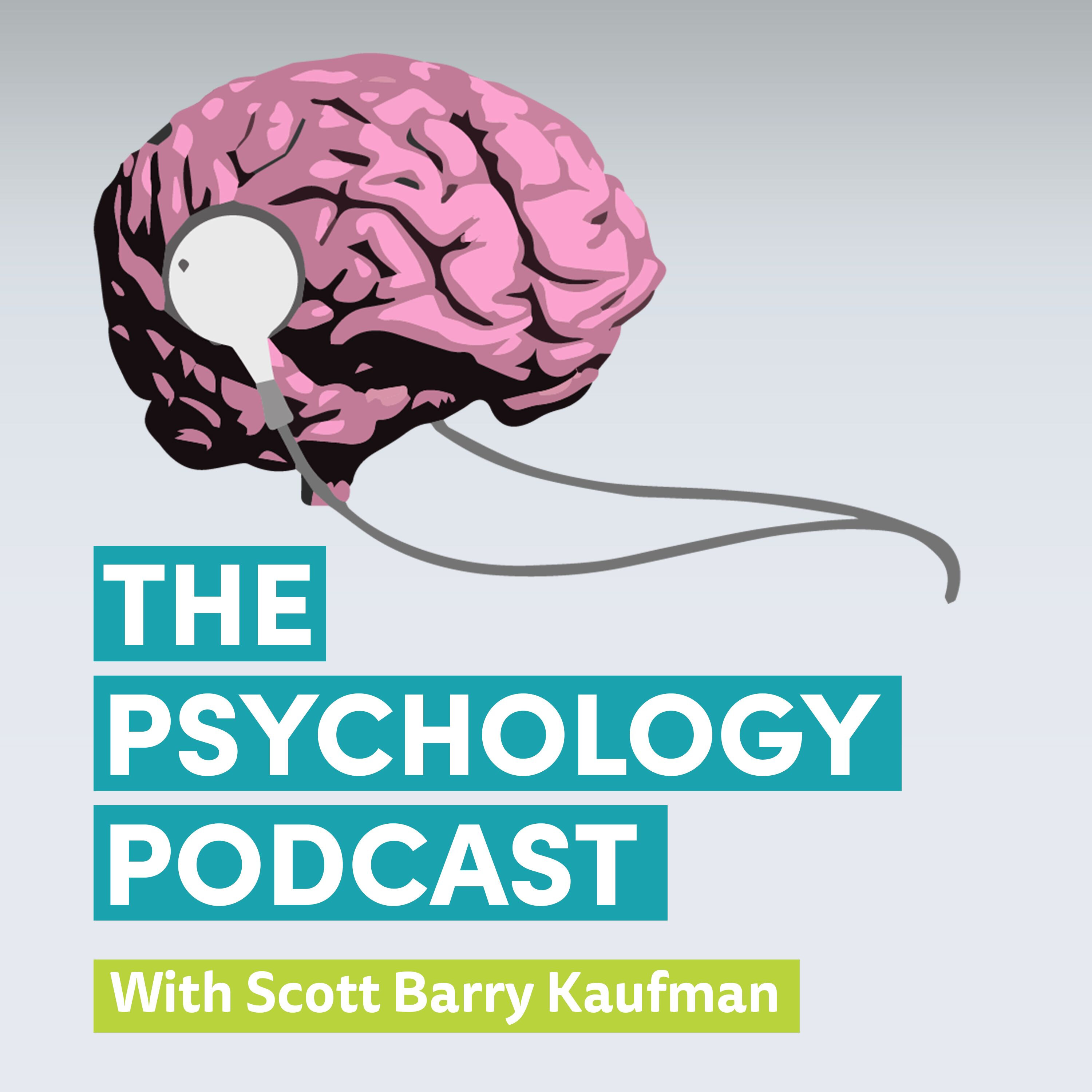
Lilliana Mason || How Politics Became Our Identity
Today it’s great to have the political psychologist Lilianna Mason on the podcast. Dr. Mason is associate professor of Government and Politics at the University of Maryland, College Park, and author of Uncivil Agreement: How Politics Became Our Identity. Support this podcast: https://anchor.fm/the-psychology-podcast/supportSee omnystudio.com/listener for privacy information.
58:2518/06/2020
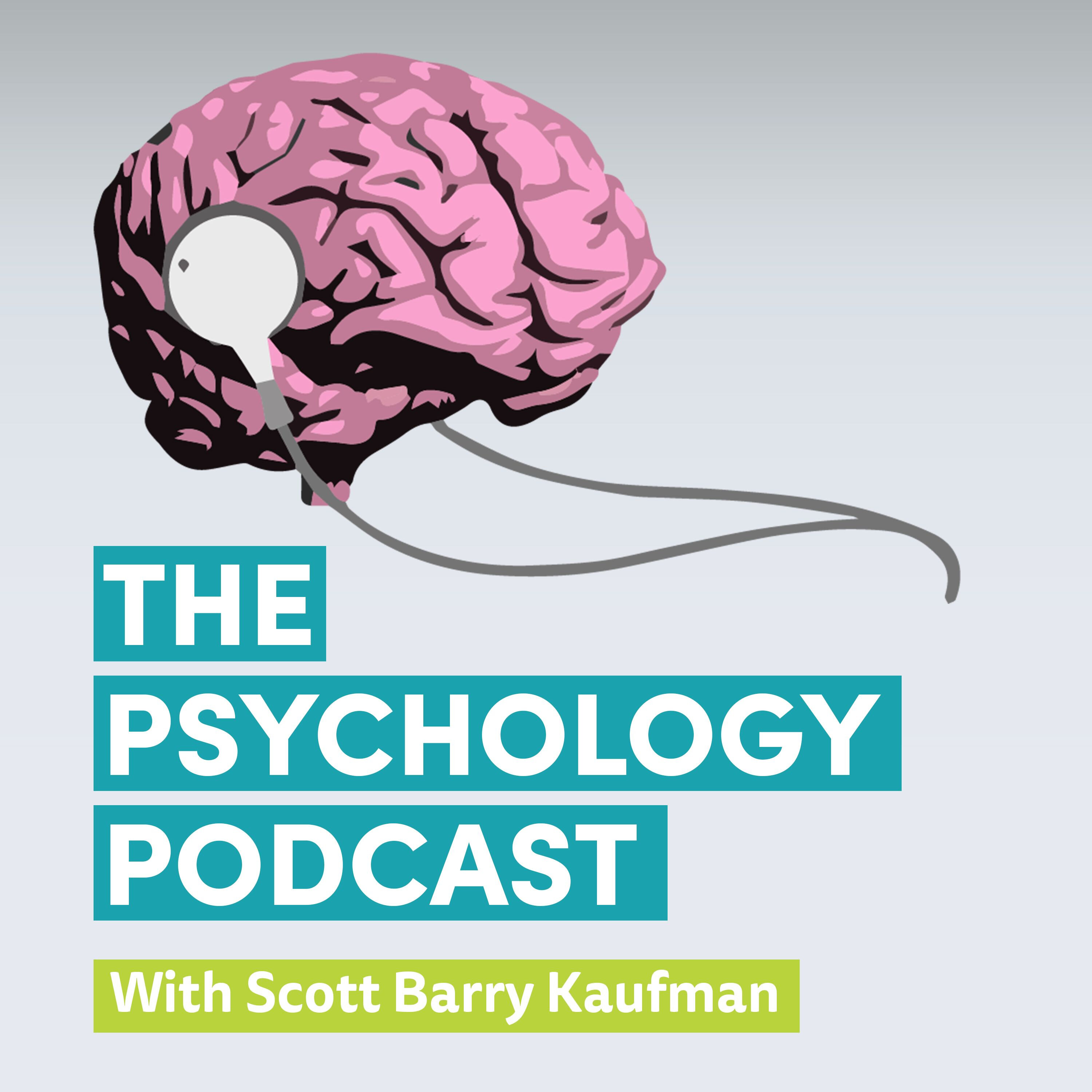
Geoffrey Miller || Signaling, Mating, and Morality
In this episode, I talk with Geoffrey Miller, an American evolutionary psychologist, researcher, and author about elements of evolutionary psychology such as virtue signaling, altruism, sexual selection, and their role in the evolution of human nature. Support this podcast: https://anchor.fm/the-psychology-podcast/supportSee omnystudio.com/listener for privacy information.
01:18:5811/06/2020
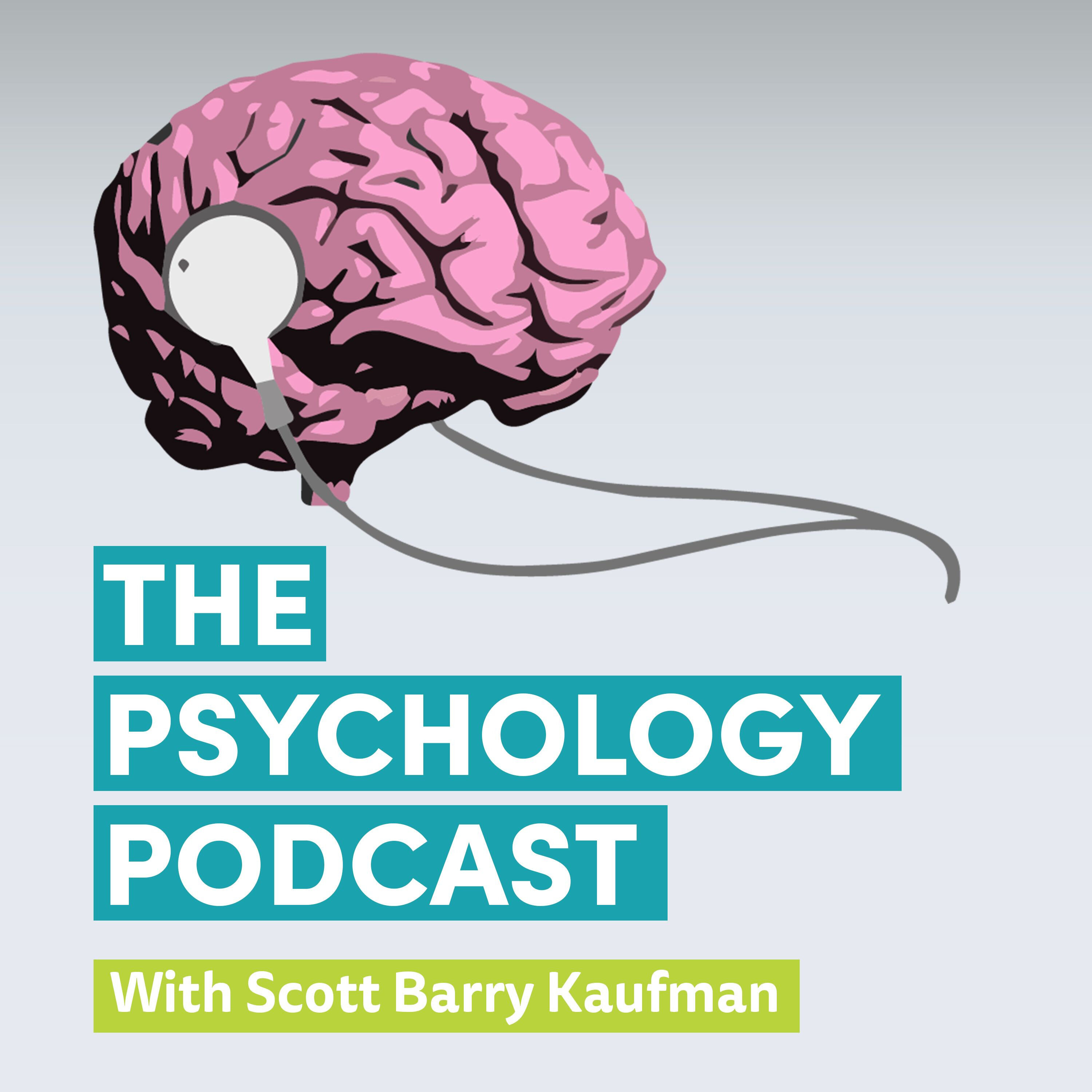
Martin Seligman || From Learned Helplessness to Learned Hopefulness
Today it’s great to have Dr. Martin Seligman on the podcast. Dr. Seligman is a leading authority in the fields of positive psychology, resilience, learned helplessness, depression, optimism, and pessimism. Support this podcast: https://anchor.fm/the-psychology-podcast/supportSee omnystudio.com/listener for privacy information.
53:3704/06/2020
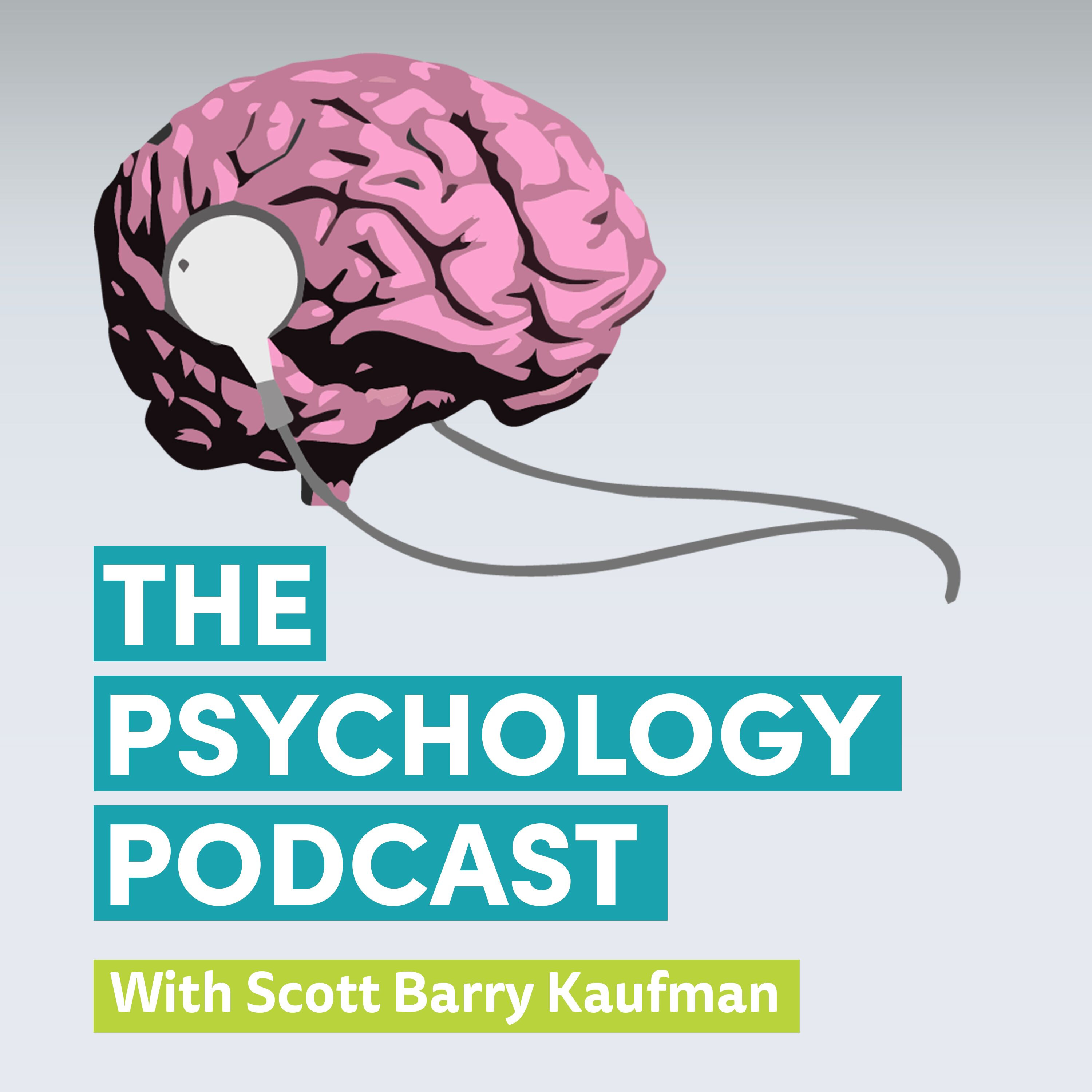
Wendy Wood || How to Make Positive Changes that Stick
In this episode I discuss habits with social psychologist Wendy Wood-- how to break the bad ones, create good habits, and how to make them actually stick. Support this podcast: https://anchor.fm/the-psychology-podcast/supportSee omnystudio.com/listener for privacy information.
44:2121/05/2020
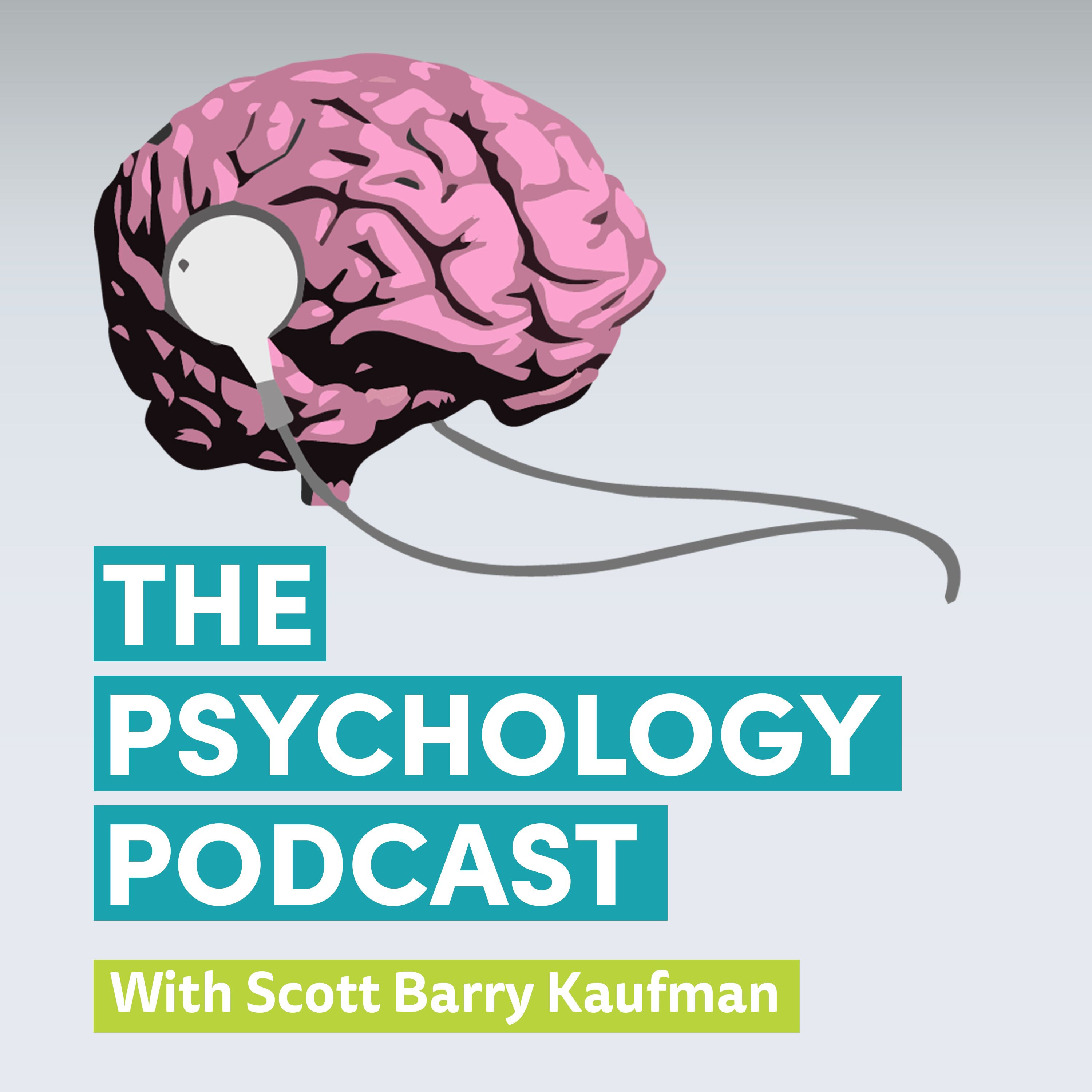
Pete Carroll || Winning with Meaning and Purpose
In this episode of The Psychology Podcast I chat with Coach Pete Carroll about how to win with meaning, purpose, and love. Support this podcast: https://anchor.fm/the-psychology-podcast/supportSee omnystudio.com/listener for privacy information.
47:3007/05/2020
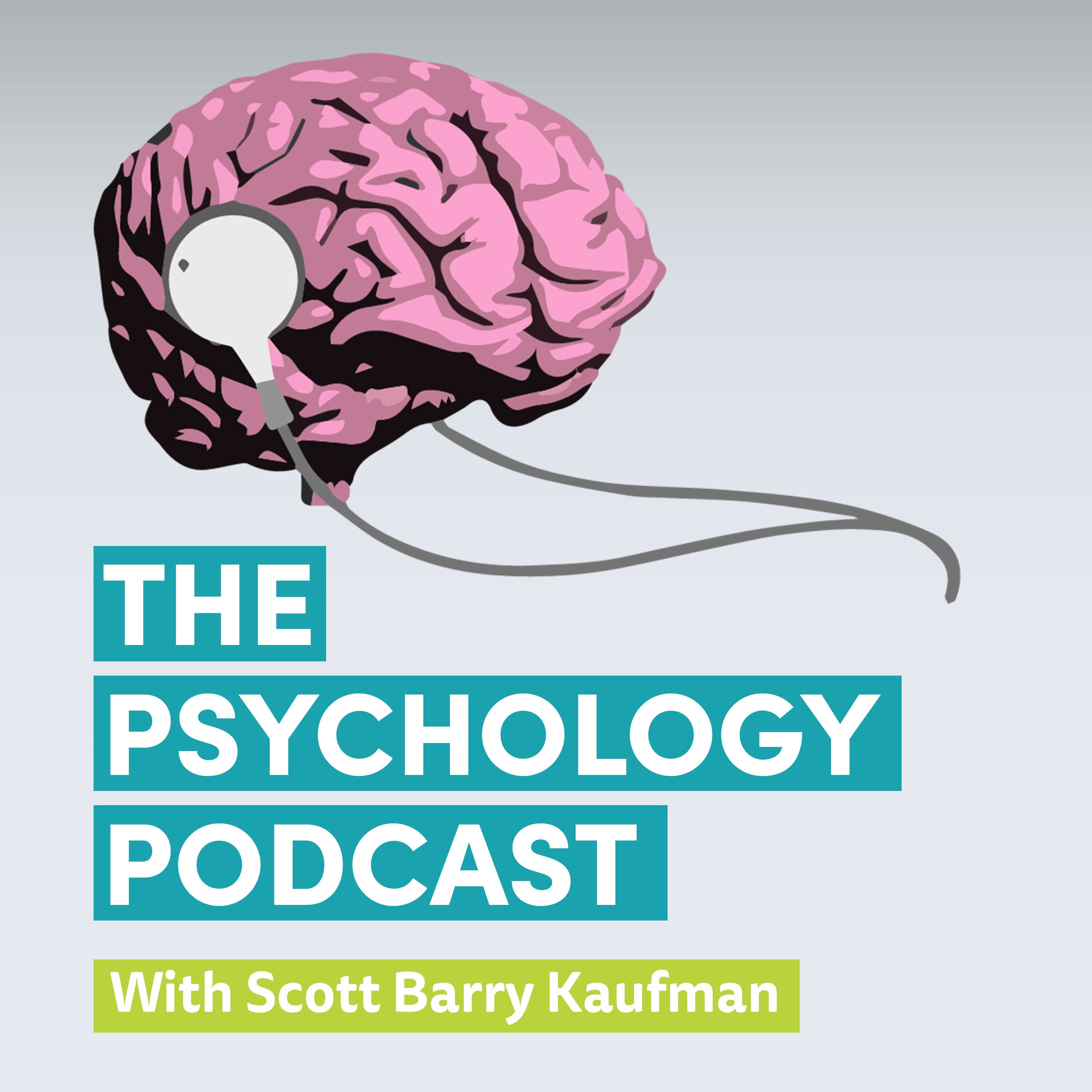
Michele Gelfand || How Tight and Loose Cultures Wire Our World
Today it’s great to have the cultural psychologist Michele Gelfand on the podcast. Dr. Gelfand is a Distinguished University Professor at the University of Maryland, College Park. Gelfand uses field, experimental, computational, and neuroscience methods to understand the evolution of culture– as well as its multilevel consequences for human groups. In addition to publishing numerous articles in many prestigious scientific outlets, she is the author of Rule Makers, Rule Breakers: How Tight and Loose Cultures Wire the World. In this episode we discuss: What are social norms? The difference between tight and loose cultures The advantages vs. disadvantages of tight vs. loose cultures Why did tight vs. loose cultures evolve in the first place? How chronic threat produces a tight culture Real vs. perceived (imagined) threats How cross-cultural psychology is expanding The interdisciplinary expansion of the study of social norms How organizations can be tight vs. loose Why the ambidexterity of an organizational culture matters Why people welcomed ISIS in some contexts How to anticipate radical shifts in culture around the world in ways that can be predictable How people differ in terms of what is perceived a threat The potential for meaningful conversation across the political divide The importance of persevering in science How understanding differing cultural codes can help us navigate and negotiate them How can modifying a nation’s norms address protracted social problems? Why Michele is so excited to be in the field now more than ever How these contexts can breed negative behaviors Why we need to exert more control to achieve the Goldilocks principle Why we need to be mindful of social norms Why Michele is hopeful that we can recalibrate social norms that facilitate greater cooperation among cultures Support this podcast: https://anchor.fm/the-psychology-podcast/supportSee omnystudio.com/listener for privacy information.
49:0830/04/2020

Judith Orloff || Thriving as an Empath
“A little self-care goes a long way. Honoring your sensitivities is an act of self-love.” Today it’s so great to have Dr. Judith Orloff on the podcast. Dr. Orloff is the New York Times best-selling author of The Empath’s Survival Guide: Life Strategies for Sensitive People. Her new book Thriving as an Empath, along with its companion The Empath’s Empowerment Journal, offers daily self-care tools for sensitive people Dr. Orloff is a psychiatrist, an empath, and is on the UCLA Psychiatric Clinical Faculty. She synthesizes the pearls of traditional medicine with cutting edge knowledge of intuition, energy, and spirituality. Dr. Orloff also specializes in treating empaths and highly sensitive people in her private practice. Dr. Orloff’s work has been featured on The Today Show, CNN, Oprah Magazine, the New York Times and USA Today. Dr. Orloff has also spoken at Google-LA and has a TEDX talk. The gift of being different How empaths are “emotional sponges” How empaths can be misdiagnosed The importance of being aware of the “phases of nature” and the “cycles of light” Treasure your sensitivity Identify the signs of being overwhelmed with stimulation You are allowed to have peace The new paradigm of being a man The sacredness of commitment Why the past doesn’t control you The importance of setting boundaries The joy of not overthinking How to hold space for someone without having to fix them Getting in touch with the “magical part of your being” Being willing to feel loss in order to move on Go where the light is How to shield yourself from toxic people How to stop caring about other people’s opinions of us Support this podcast: https://anchor.fm/the-psychology-podcast/supportSee omnystudio.com/listener for privacy information.
48:4823/04/2020
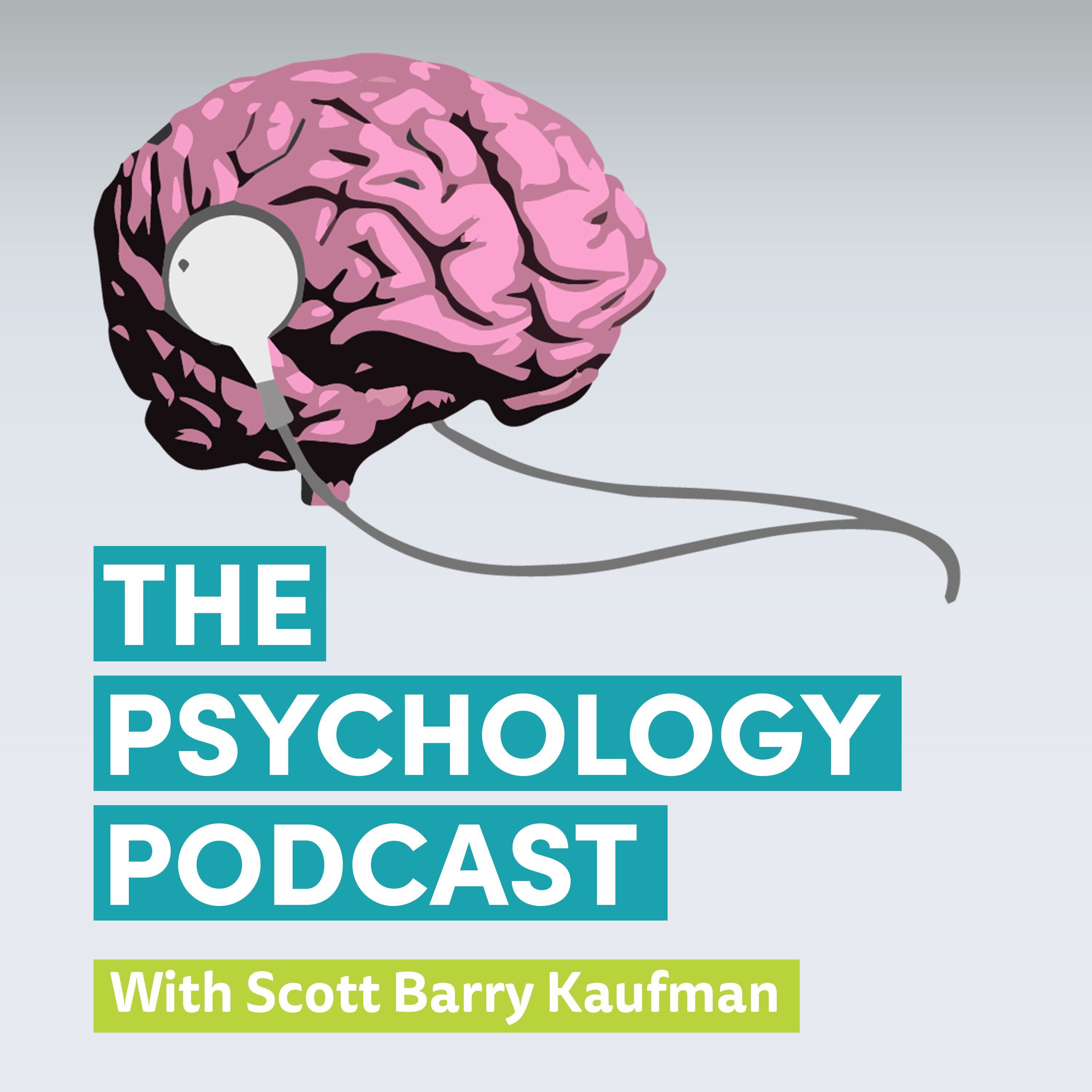
David Yaden || The Science of Self-Transcendent Experiences
Today it’s great to have David Yaden on the podcast. Dr. Yaden is a Postdoctoral Research Fellow at Johns Hopkins Medicine. His research focus is on the psychology, neuroscience, and pharmacology of transformative and self-transcendent experiences. He is currently focusing on the therapeutic potential of psychedelics. His scientific and scholarly work has been covered by The New York Times, The Wall Street Journal, The Washington Post, New York Magazine, and NPR. In this episode we discuss: The applicability of self-transcendent experiences to the current moment The definition of self-transcendent experiences Andrew Newberg’s pioneering work on the neuroscience of self-transcendent experiences Abraham Maslow’s role in the history of the scientific investigation of self-transcendent experiences The “everyperson’s spiritual experience” The two main components of awe The main characteristics of awe Awe vs. flow The role of technology in triggering self-transcendent experiences The triggers of self-transcendent experiences The limitations of interventions to induce self-transcendent experiences How we can seek out little moments of awe, gratitude, and mindfulness How psilocybin can induce very intense self-transcendent experiences The potential for psychedelic therapy sessions The neuroscience underlying the therapeutic benefit of psychedelics How psychedelic experiences can impact our connection with close others David’s personal self-transendent experience Davis’ interest in studying intense interventions David’s study of the philosophy of psychology Support this podcast: https://anchor.fm/the-psychology-podcast/supportSee omnystudio.com/listener for privacy information.
58:4216/04/2020
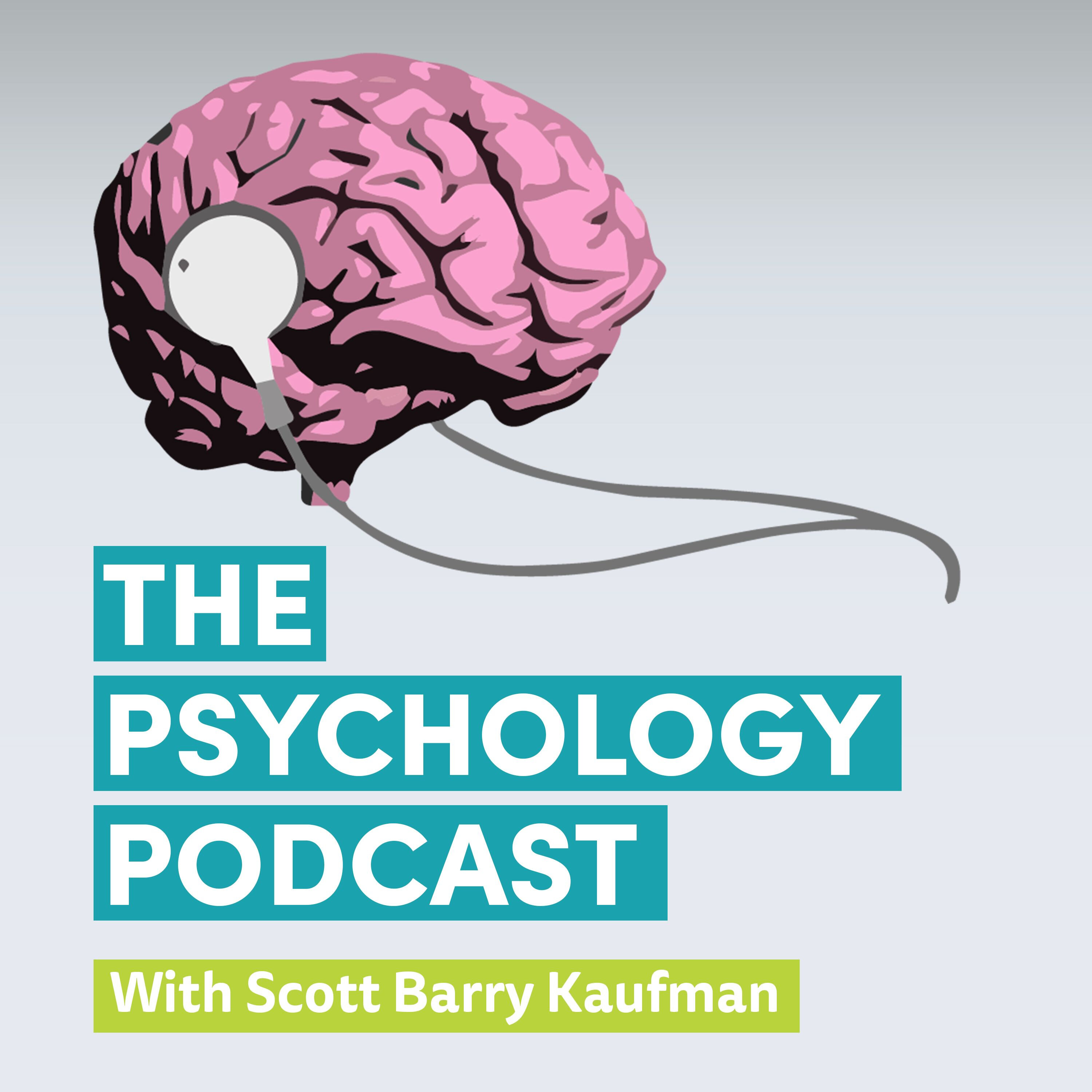
Scott Barry Kaufman || Transcend
On this episode of The Psychology Podcast, physicist Sean Carroll chats with Scott Barry Kaufman, host of The Psychology Podcast, about his new book Transcend: The New Science of Self-Actualization, which is out today! In this episode we discuss: Why studying humans is more complicated than studying the universe The importance of having humility as a psychologist How Scott’s new book Transcend builds on the work of Abraham Maslow How Maslow never actually drew a pyramid What Maslow actually meant by his “Hierarchy of Needs” The dialectical between security and growth Scott’s new metaphor for the hierarchy of needs How humans can be greater than the sum of their parts Scott’s revised integrated hierarchy of needs Why attachment styles are continuums, not types Why the need for belonging is not the same as the need for intimacy The effects of loneliness on our physical health The latest science of introversion Healthy self-esteem vs. narcissism The “growing tip” Psychological entropy The need for exploration and information seeking The more cosmic aspect of love, or “B-Love” The need for purpose Why self-actualization is not achievement The form of purpose that can lead to transcendence Why nothing is absolutely good or bad Support this podcast: https://anchor.fm/the-psychology-podcast/supportSee omnystudio.com/listener for privacy information.
01:16:5209/04/2020
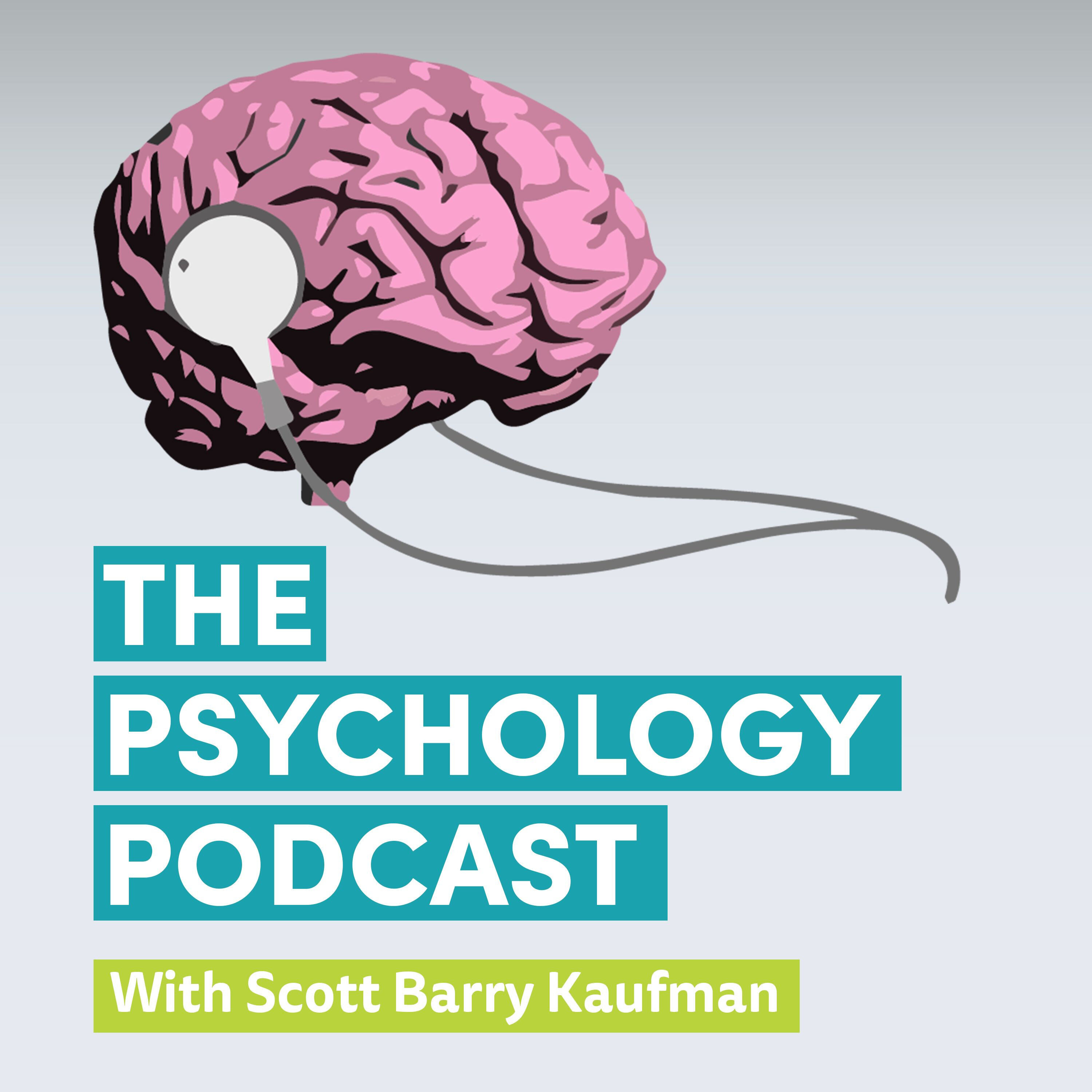
Seth Gillihan || Cognitive Behavioral Therapy Made Simple
Today it’s great to have Dr. Seth Gillihan on the podcast. Dr. Gillihan is a licensed psychologist who has written and lectured nationally and internationally on cognitive behavioral therapy and the role of the brain in psychiatric conditions. His books include The CBT Deck, A Mindful Year: 365 Ways to Find Connection and the Sacred in Everyday Life (co-authored with Dr. Aria Campbell-Danesh), Cognitive Behavioral Therapy Made Simple,and Retrain Your Brain: Cognitive Behavioral Therapy in 7 Weeks. Dr. Gillihan also blogs for Psychology Today and hosts the weekly Think Act Be podcast, which features a wide range of conversations about living more fully. He has a clinical practice in Ardmore, Pennsylvania, providing treatment to adults with insomnia, OCD, anxiety, depression, and related conditions. Find Seth on the web at sethgillihan.com. See Seth’s CBT Deck here. See the Think Act Be online school where Seth offers courses in mindfulness-centered CBT for anxiety, stress, and worry here: https://think-act-be.teachable.com/. In this episode we discuss: How Seth got into therapy The second wave of CBT The behavioral activation approach Mindful CBT Seth’s “Think Act Be” approach The importance of core beliefs The cheap form of self-love “Cycling the Puck” The importance of returning to the true center of ourselves The curious paradox of acceptance What is our deepest self? What is consciousness? Why waking up isn’t a once and for all experience How we can be kinder to ourselves Support this podcast: https://anchor.fm/the-psychology-podcast/supportSee omnystudio.com/listener for privacy information.
01:04:3402/04/2020
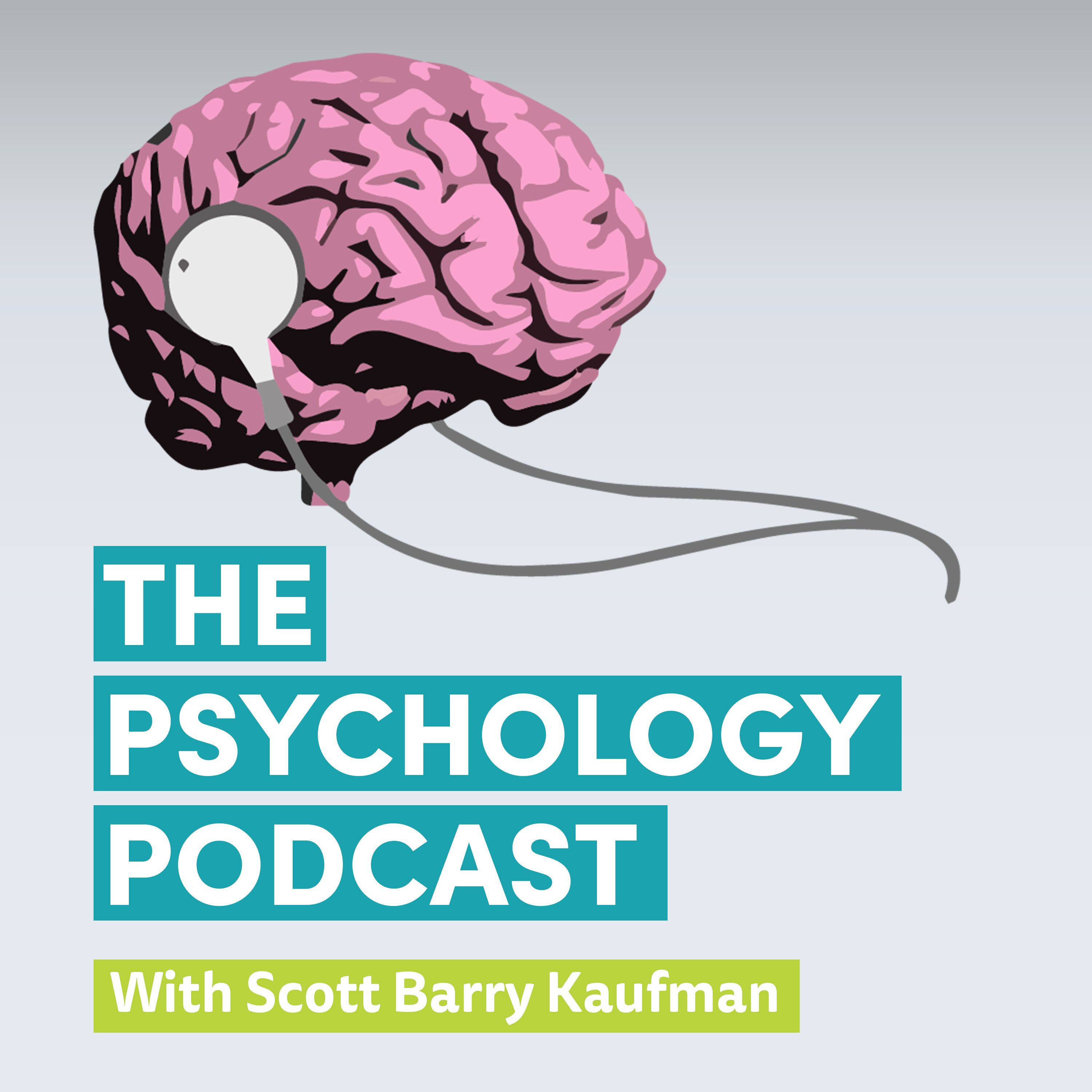
Roy Baumeister || Overcoming the Power of Bad
“Life has to win every day, death only has to win once.” — Roy Baumeister Today it’s great to have Roy Baumeister on the podcast. Dr. Baumeister is currently professor of psychology at the University of Queensland and is among the most prolific and most frequently cited psychologists in the world, with over 650 publications. His 40 books include the New York Times bestseller Willpower. His research covers self and identity, self-regulation, interpersonal rejection and the need to belong, sexuality and gender, aggression, self-esteem, meaning, consciousness, free will, and self-presentation. In 2013 he received the William James award for lifetime achievement in psychological science (the Association for Psychological Science’s highest honor), and his latest book, co-authored with John Tierney, is called “The Power of Bad: How the Negativity Effect Rules Us and How We Can Rule It”. In this episode we discuss: How the human brain has a tendency to focus on the bad Why bad is processed more thoroughly than good The latest research on ego depletion Roy’s take on the replication crisis Why falsely accused people have trouble repairing their reputation Why the bad gets so much more publicity than the good Early career researchers and the lack of incentive for exporation Why we are wired for bad The importance of the Pollyanna principle Roy’s words of wisdom for those with anxiety over the Coronavirus “The rule of 4” Why are hell fearing religions more popular than those preaching a benevolent message? Gordon Allport’s distinction between mature and immature religion The riskiness of drawing too much on the self Roy’s thoughts on the best route to the good life Ways we can see the bigger picture The “negative Golden Rule” How to get on the “low-bad diet” Support this podcast: https://anchor.fm/the-psychology-podcast/supportSee omnystudio.com/listener for privacy information.
01:01:3926/03/2020
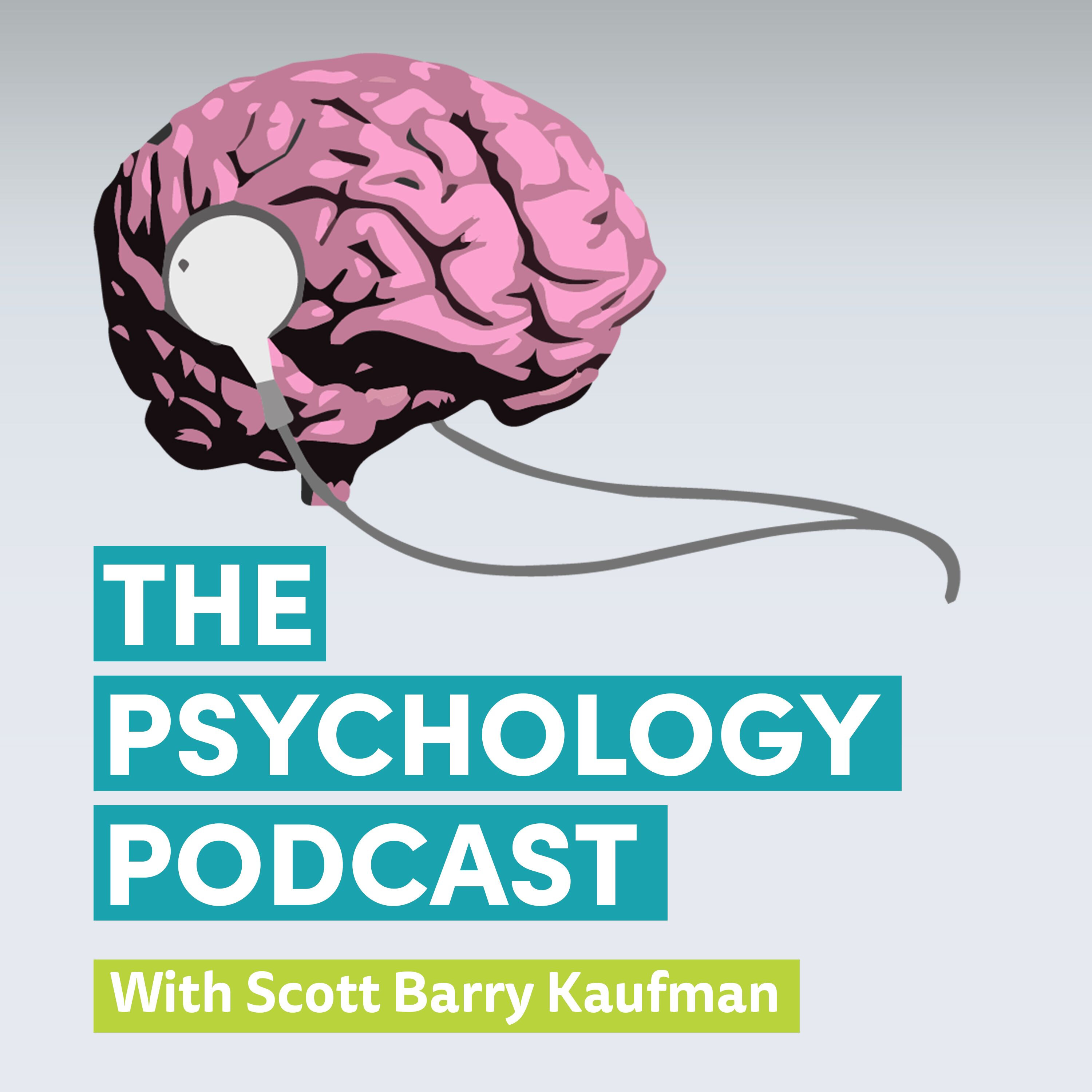
Max Lugavere || Heal Your Mind, Strengthen Your Body, and Become Extraordinary
Today it’s great to have Max Lugavere on the podcast. Max is a filmmaker, health and science journalist and the author of the New York Times best-selling book Genius Foods: Become Smarter, Happier, and More Productive While Protecting Your Brain for Life, which is now published in 8 languages around the globe. He is also the host of the #1 iTunes health podcast The Genius Life. Lugavere appears regularly on the Dr. Oz Show, the Rachael Ray Show, and The Doctors. He has contributed to Medscape, Vice, Fast Company, CNN, and the Daily Beast, has been featured on NBC Nightly News, The Today Show, and in The Wall Street Journal. He is a sought-after speaker and has given talks at South by Southwest, TEDx, the New York Academy of Sciences, the Biohacker Summit in Stockholm, Sweden, and many others. Max is excited to release his sophomore book, The Genius Life: Heal Your Mind, Strengthen Your Body, and Become Extraordinary, a lifestyle guide to living happily and healthily with proven, research-based lifestyle tactics. What is “nutritional psychiatry”? The importance of preserving protein in your body How longevity and nutrition is a continually evolving science Environmental toxins that we are exposed to on a daily basis The influence of the environment on emotional instability The “three Ps” of detoxification The importance of consuming a “nutrient dense diet” The importance of sweating regularly The potential of house plants to purify the air The dangers of tap water The dangers of consuming processed foods The importance of whole foods How to make your gym sessions more efficient How exercise is a form of medicine How the right tools in your toolkit can alleviate depression and anxiety The importance of taking a whole body approach Support this podcast: https://anchor.fm/the-psychology-podcast/supportSee omnystudio.com/listener for privacy information.
50:2219/03/2020
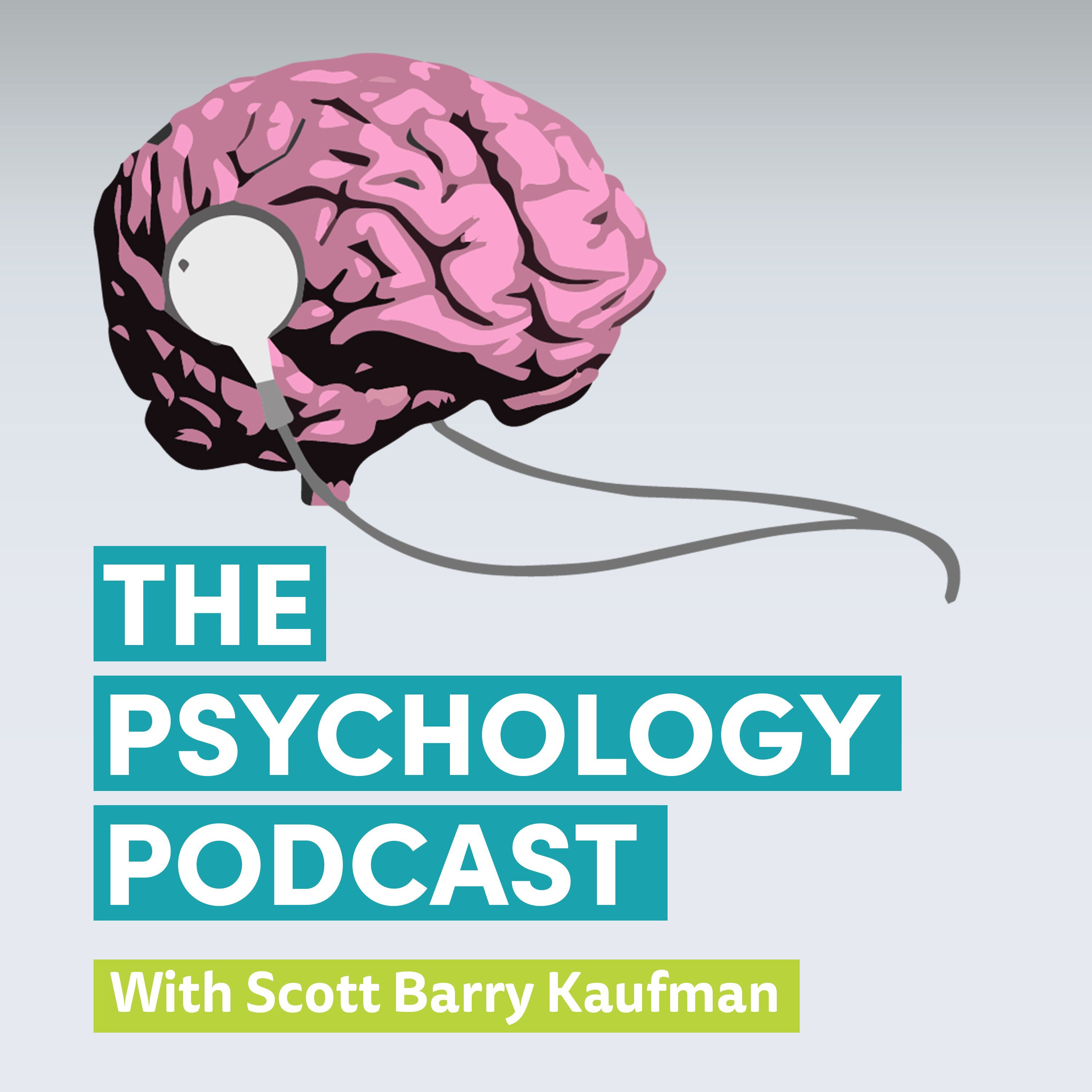
Carol Dweck || The Latest Science of Growth Mindset
Today it’s a real honor to have Carol Dweck on the podcast. Dr. Dweck is a leading researcher in the field of motivation and is the Lewis and Virginia Eaton Professor of Psychology at Stanford. Her research examines the role of mindsets in personal achievement and organizational effectiveness. Dr. Dweck has also held professorships at Columbia and Harvard Universities, has lectured to education, business, and sports groups around the world, has addressed the United Nations, has been elected to the American Academy of Arts and Sciences and the National Academy of Sciences, and has won 12 lifetime achievement awards for her research. Her best-selling book Mindset has been widely influential and has been translated into over 25 languages. In this episode we discuss: Carol’s earliest research on “incremental” vs. “entity” beliefs Carol’s dream of “bottling” the mindsets that lead people to persevere The limitations of Carol’s earlier studies The two big developments in studying growth mindset Growth mindset exercises The “Big Mama” of growth mindset studies The underwhelming effect size of educational interventions How lower-achieving students benefit more from growth mindset interventions The conditions under which growth mindset interventions don’t work The role of teacher mindset on teaching effectiveness The relationship between growth mindset and other outcomes in life How growth mindset doesn’t invalidate the existence of giftedness Why every child should be challenged Why we shouldn’t cut out gifted and talented programs How praising gifted students for effort can backfire The relationship between mindsets and IQ How having a fixed mindset can sometimes lead to increased performance Cross-cultural differences in mindsets Criticism that growth mindset claims have been overblown Carol Dweck’s dream of improving the sustainability of growth mindset interventions (Dweck’s “next big Mount Everest”) Why mindset is not a “miracle maker” What Carol Dweck is most excited about in terms of future directions Support this podcast: https://anchor.fm/the-psychology-podcast/supportSee omnystudio.com/listener for privacy information.
01:08:0612/03/2020
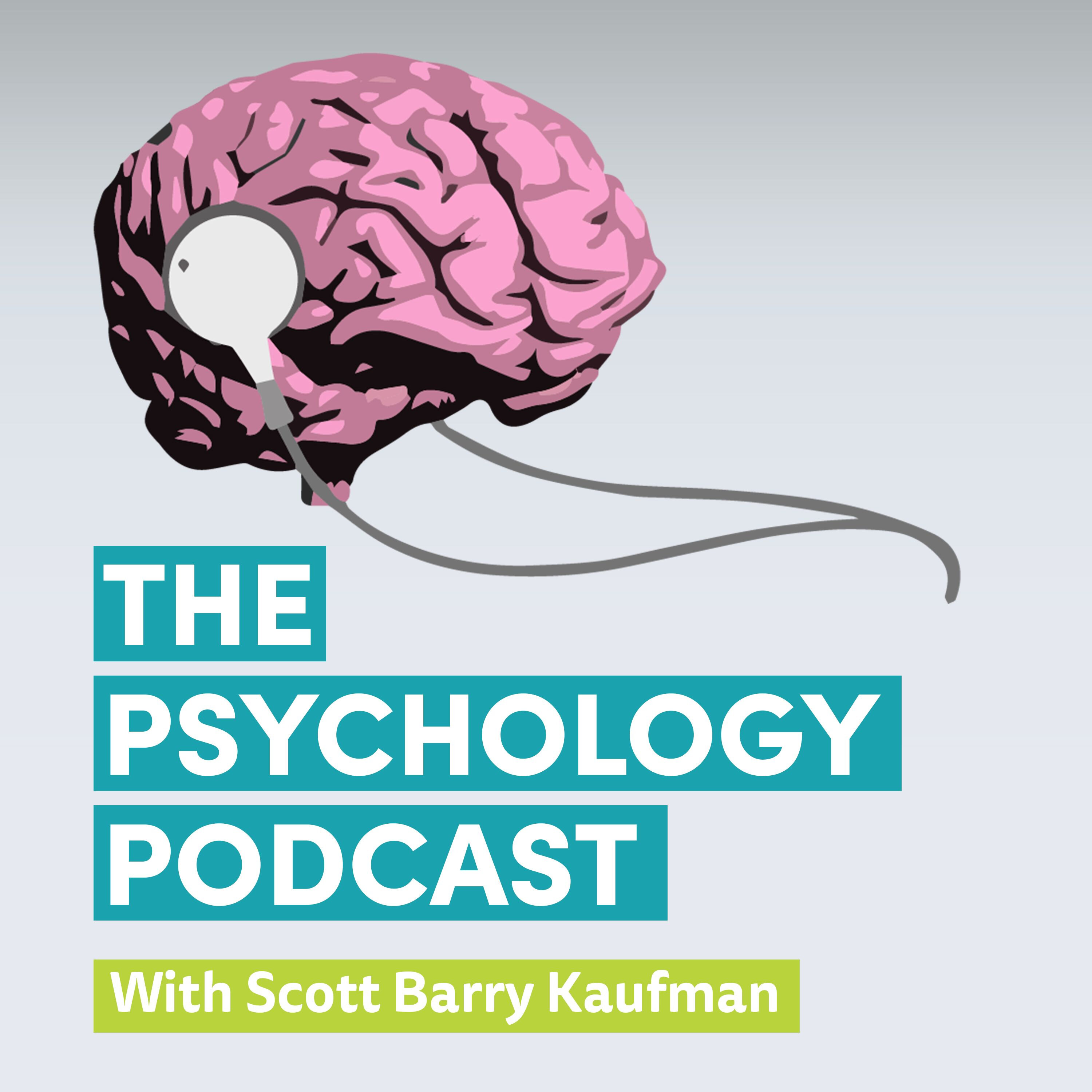
Coleman Hughes || The Humanity of Race
“There are very few people who have nothing of any value to say.” — Coleman Hughes Today it’s great to have Coleman Hughes on the podcast. Coleman is an undergraduate philosophy major at Columbia University and a columnist for Quillette magazine. His writing has been featured in the New York Times, the Wall Street Journal, City Journal, and the Spectator. In this episode we discuss: Coleman’s initial plan in life to become a trombonist Coleman’s early childhood education Coleman’s transformation of his thinking about race Coleman’s nuanced thoughts on intersectionality Why we set up a norm against racial stereotyping Is reverse-racism legitimate? How the main message of the civil rights movement is often ignored today Coleman’s humanistic perspective on race Coleman’s criticism of the woke mindset What makes sense about the woke mindset Looking at things from the perspective of police officers Understanding the causes of the underrepresentation of African Americans in gifted education programs The moral imperative to enhance cognitive development of people in the bottom of society How racial categories can mislead us How people underrate the value of local programs and community to solve problems of racism Why policy shouldn’t look at racial disparities The important distinction between culture and race Why focusing on racial disparities (assuming that racial disparities are a proxy for well-being) is a mistake Coleman’s vision for the good society Support this podcast: https://anchor.fm/the-psychology-podcast/supportSee omnystudio.com/listener for privacy information.
01:07:4005/03/2020





